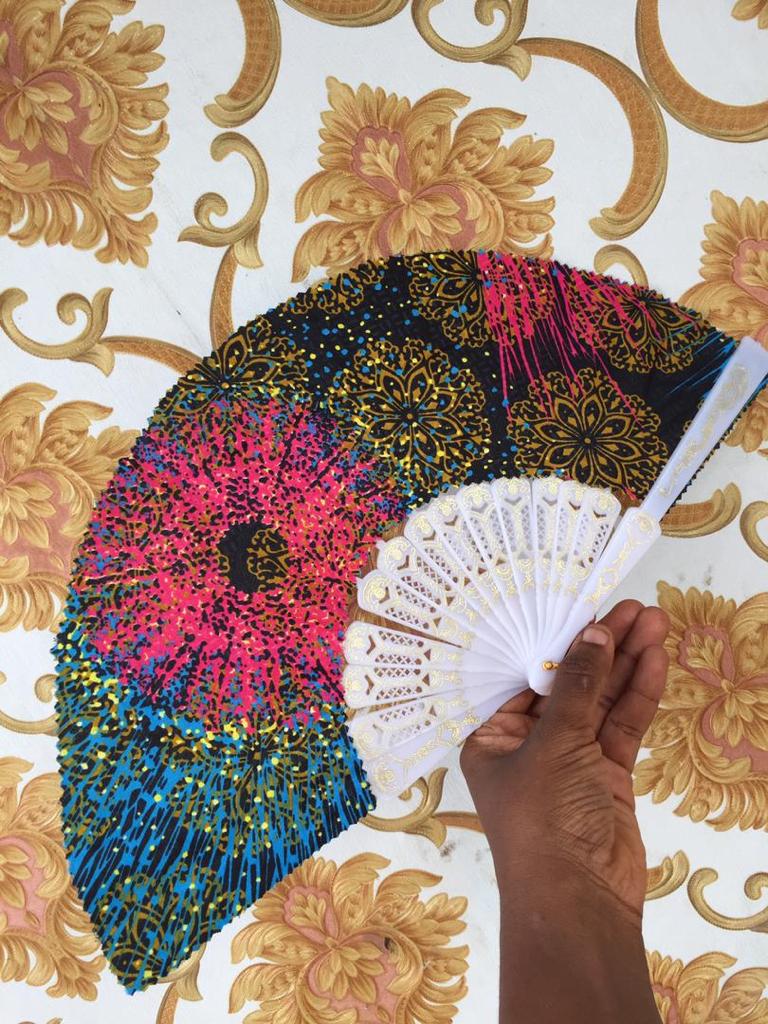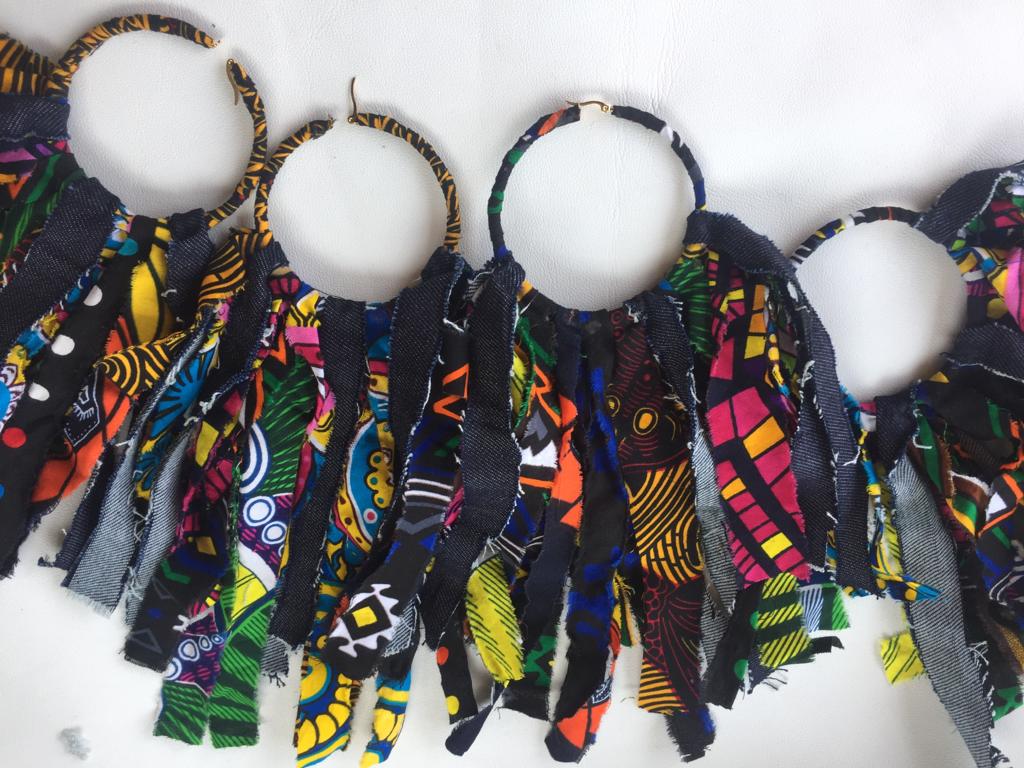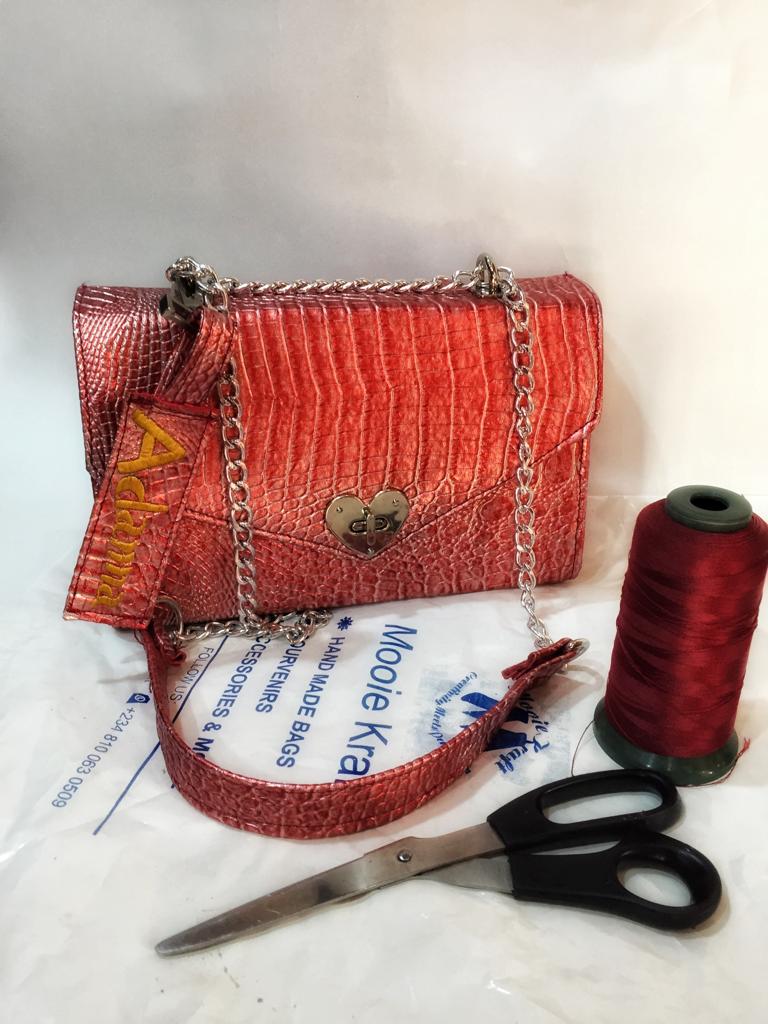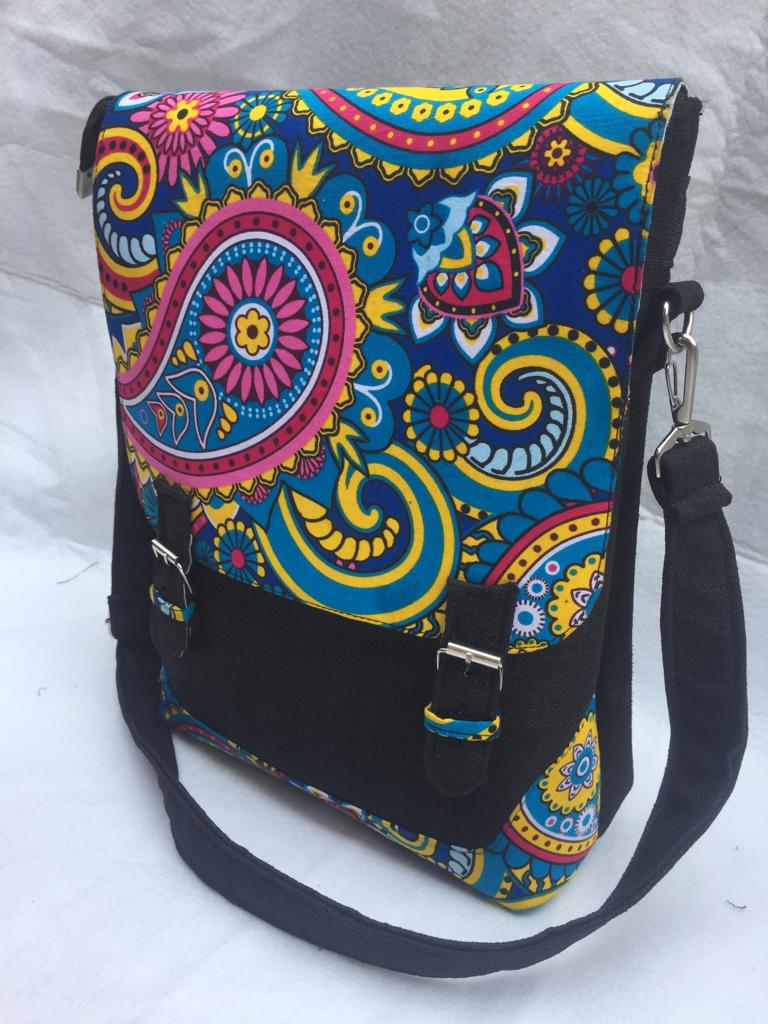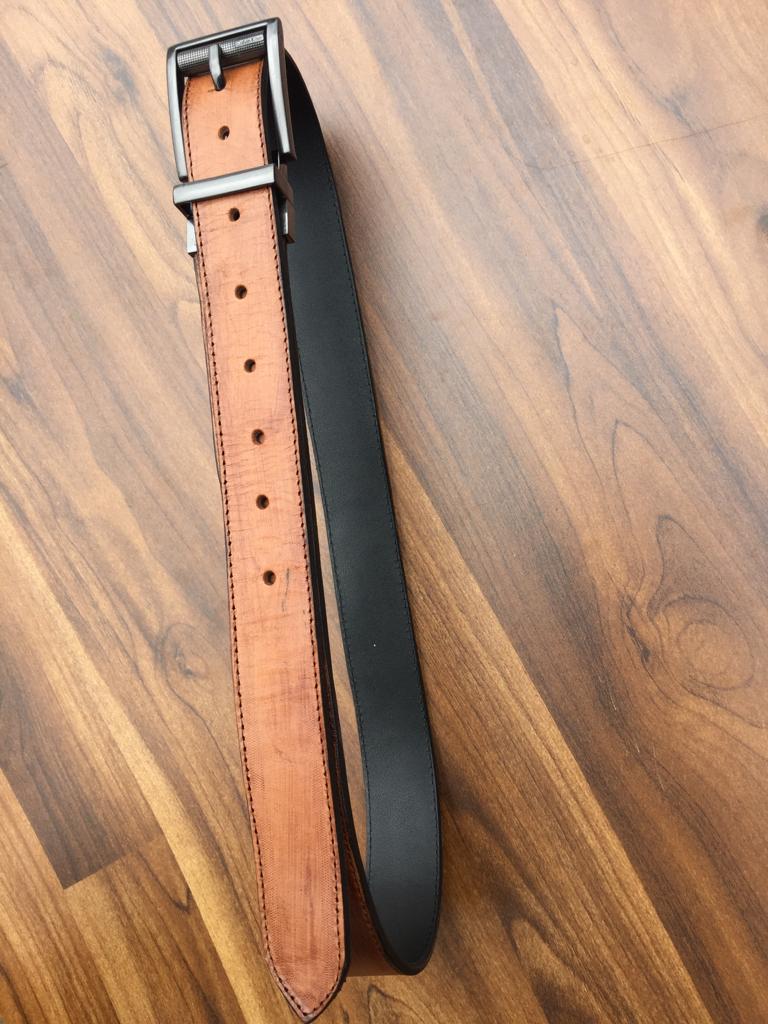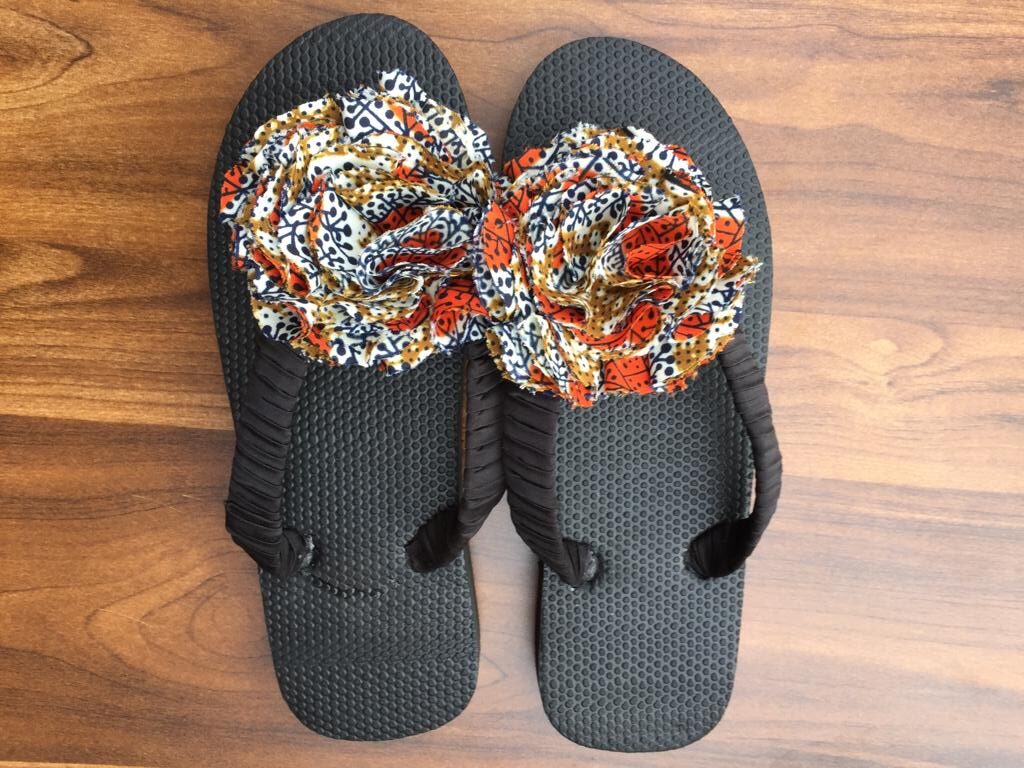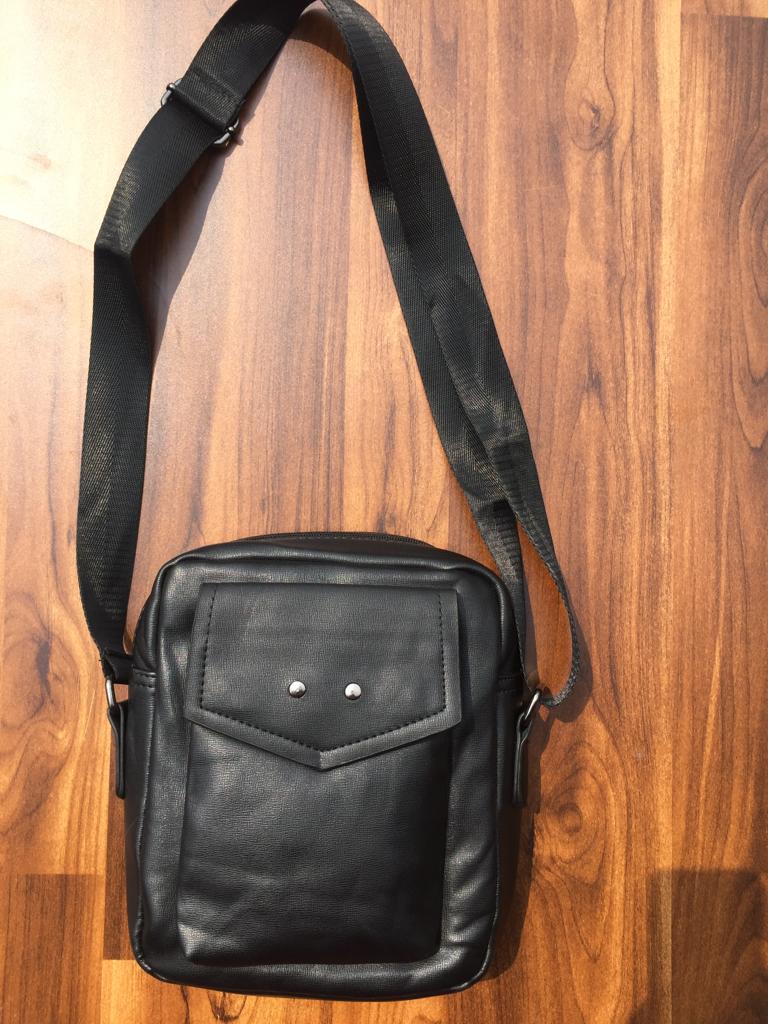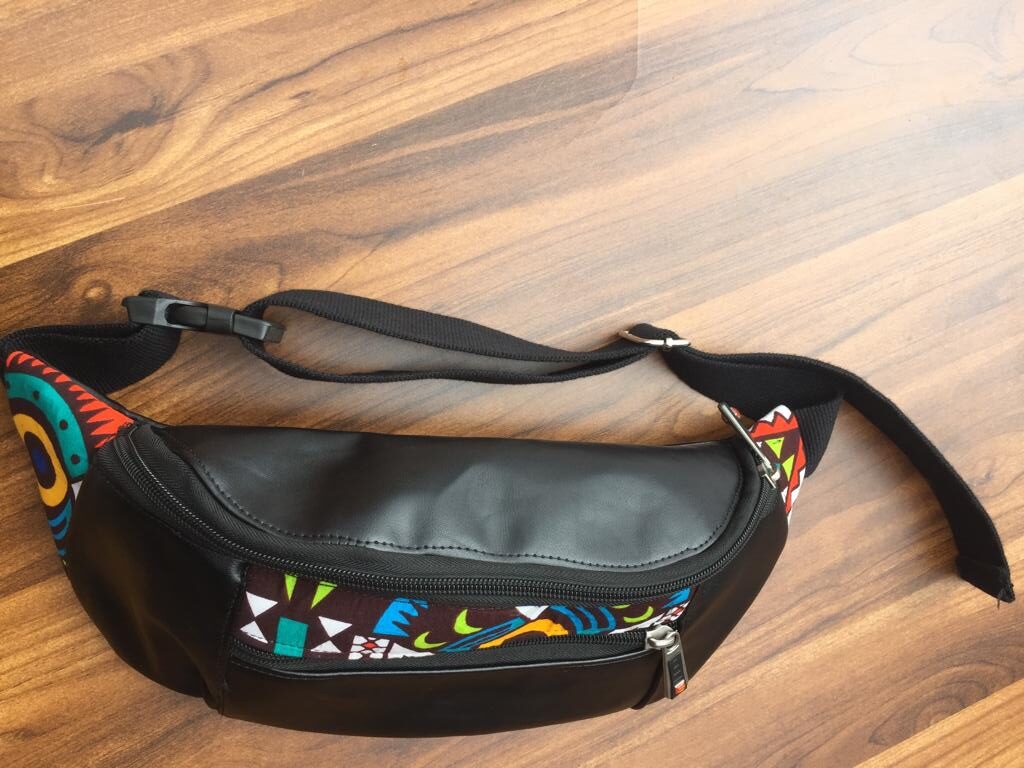Ever since she was a little girl she fell in love with fashion. Her curiosity and love turned into a passion and she made her own dreams come through by starting her business Lilifeys Fashion and Lifestyle.
Let’s meet another Bellafricana member, the founder of LILIFEY’S FASHION AND LIFESTYLE;
Please introduce yourself and your background
My name Ifeyinwa Brendan-Ndukwu, the Founder, Creative Director/CEO of LILIFEYS FASHION AND LIFESTYLE. I am from Imo State but married to BRENDAN-NDUKWU from Anambra State. I am a graduate of English Language/Literature but presently into Fashion.
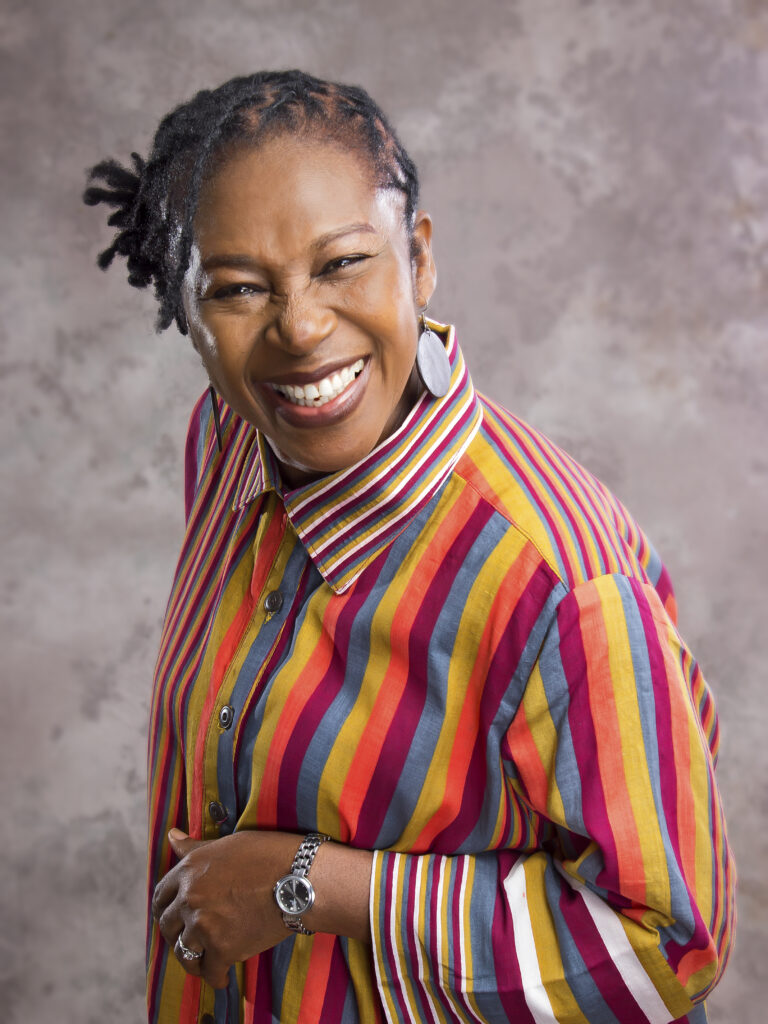
How did you come about the brand name and what does it mean?
My Brand name LILIFEYS’ is a combination of my second name LILIAN and my first name, IFEYINWA. LILIFEYS is a reflection on what fashion means to me… Stylish, Trendy, Comfortable and Affordable. Coincidentally that’s what most women cherish.
Tell us about your work. How did your company start?
As a young girl I love dresses and my curiosity into how dresses are led to my fascination and passion for dressmaking. By observation and divine ordination I started making dresses by myself with just needle and thread. My dresses gradually developed into beautiful dresses that attracted people’s attention and they started ordering dresses from me.
What is your niche and how did you know it was a market to get into?
My niche is ‘Comfortable women wear’. I believe that a woman should be comfortable and happy in her clothes and not struggle or sustain body injuries while wearing a dress.
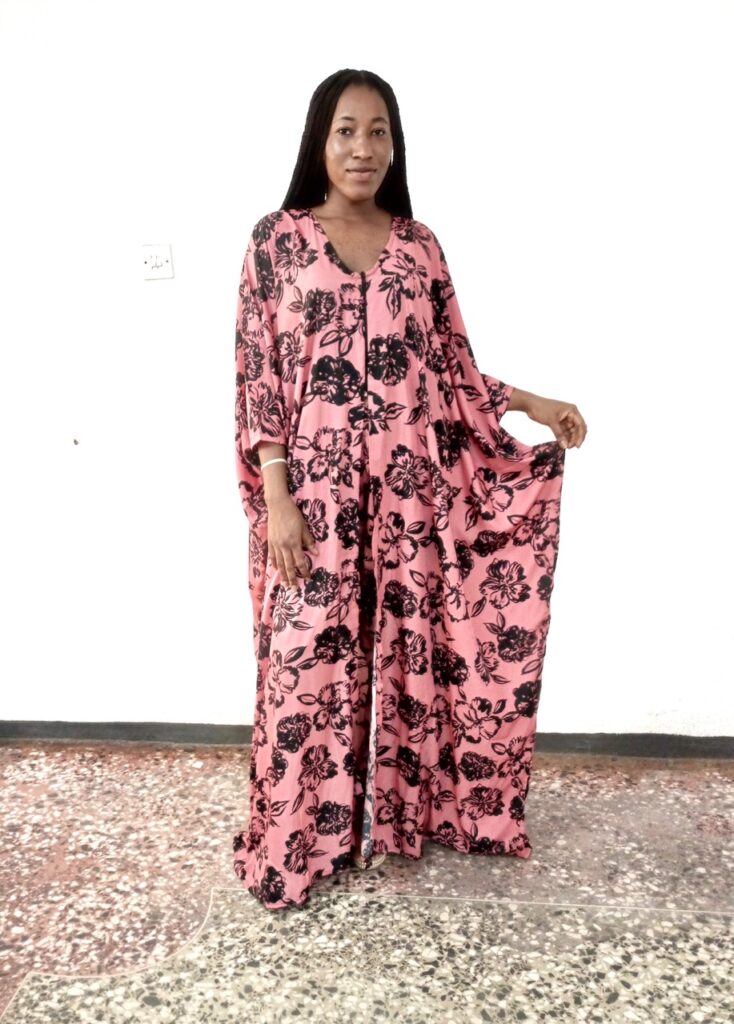
Also Read: Meet The Founder of Miel Clothing [Exclusive Interview]
Where do you get the inspiration for your products
My inspiration are mostly divinely ordained… I receive inspirations for most of my designs in my dreams. I am also highly inspired by nature around me such as the sky, vegetations and the woman’s body shapes.
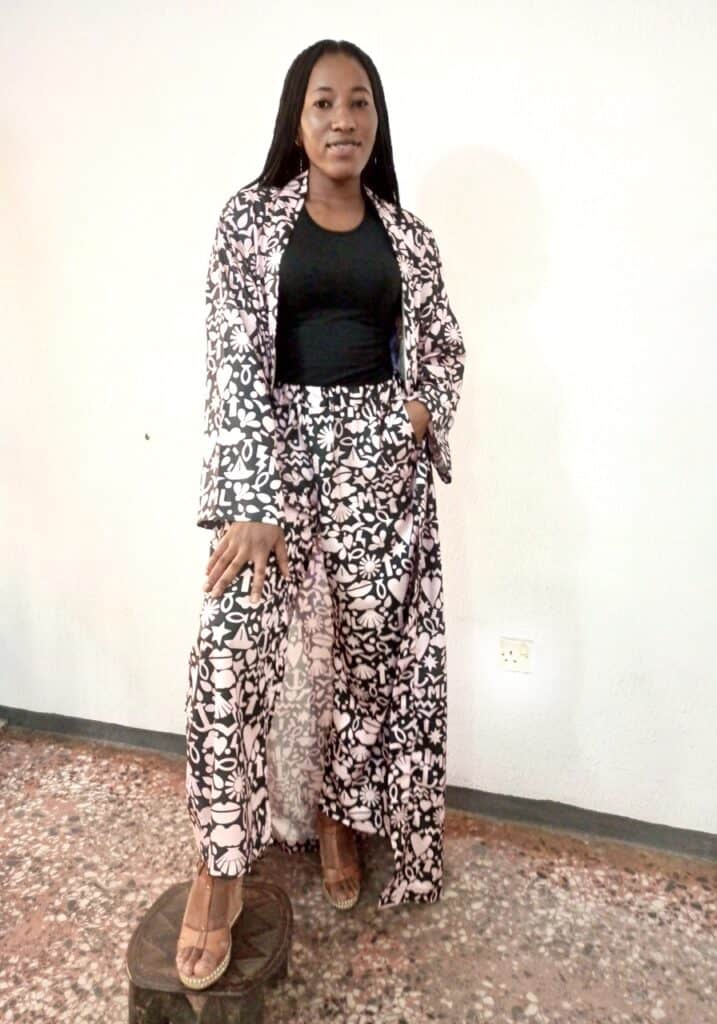
Can you remember one of the first products you made or service you started? What makes it memorable?
The products I made as a young girl were for my Baby dolls but as an adult I remember making this lovely sleeveless, boat neckline with a gathered low waistline maxi dress with Nichem wax, sewn with needle and dress. I made this dress while I was still an undergraduate in the university.
What made this dress memorable was that it fit me so well that it attracted a lot of attention. People started noticing my sewing and my style of dressmaking. In fact my Late Mum had to buy a Hand Sewing machine to help facilitate my sewing because according to her…”why are you suffering yourself my dear daughter sewing dresses with needle and thread?”
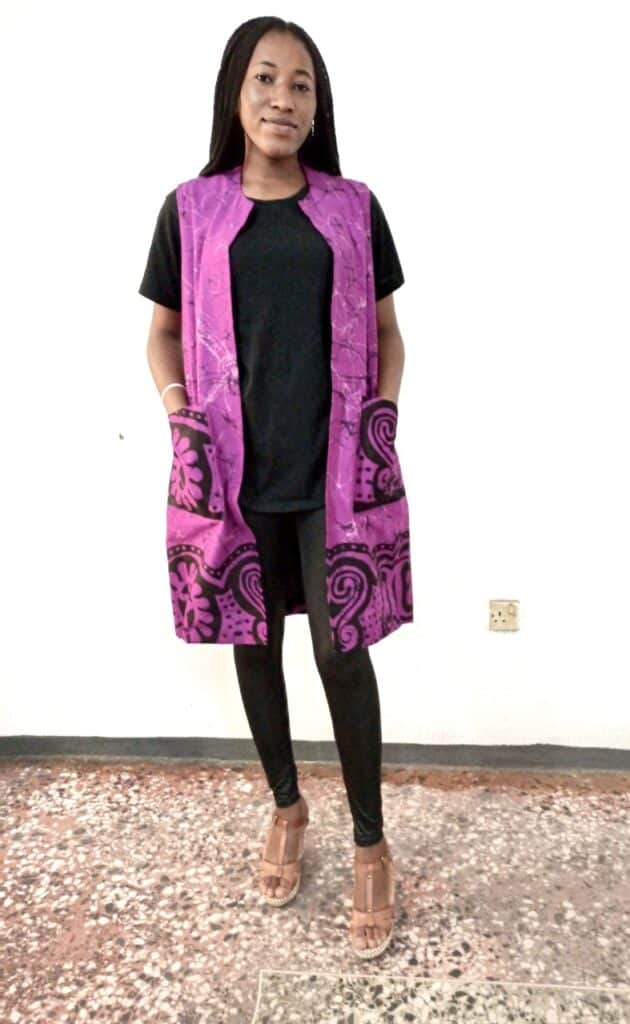
What are some of the challenges you face in your business?
Some of the challenges I face in my business is high cost of production resulting from epileptic supply of electricity and high cost of powering generators. Not having enough local textiles industries for consistent design print production. Relying on importation of fabrics makes the prices of the materials exorbitant as well as non available of some materials over time. Another challenge I face is lack of expertise of the Labour. Most times when they are trained instead of staying back to work they leave. This results in low production capacity some times.
Do you have any regrets venturing into this line of business?
No no, I don’t have any regrets venturing into this line of business. Fashion Designs and Dressmaking are like oxygen for me. This is one vocation I carry out effortlessly!
What is your most popular product?
Circle pants.
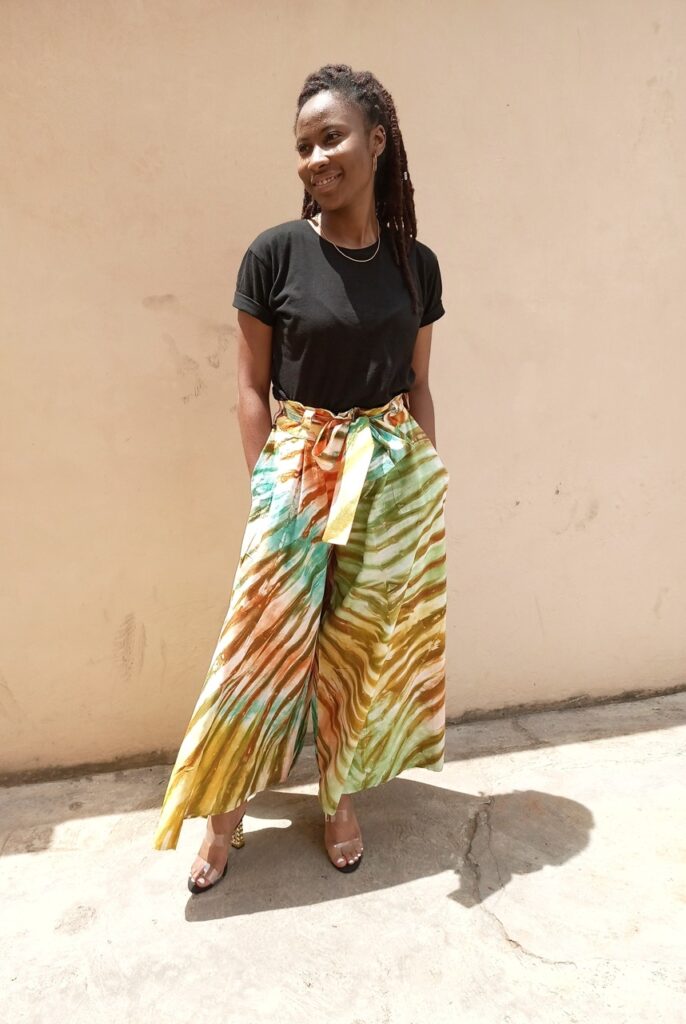
To what extent do you draw upon your Nigerian (African) heritage for your work?
To a large extent, my African heritage has a lot of influence on my work. I used a lot of handwoven and hand-dyed fabrics for my clothes.
What are some of your short term goals and long term goals, both in your business and life in general
My short term goal is to consistently meet the needs of my local customers satisfactorily. My long term goal is to export my products internationally to Europe, America, Canada, and South Korea.
What would people be surprised to learn about you
People would be surprised to know that I was a Secondary school English Language and English Phonetics Teacher .
What profession would you be in if you weren’t in this Industry?
Food vendor/ Caterer
If you could give one piece of advice to anyone who wants to start their own business in your industry, what would it be?
The advise I would give to anyone starting out in the Fashion industry is to have a good knowledge of the art of Fashion designs and dressmaking so as not to be caught on the level of mediocrity. To succeed in this industry ‘good is not enough when best is possible!’
To connect and meet the founder of Lilifeys Fashion and Lifestyle, you can follow and contact her via:
Instagram: lilifeys_fashion1
Whatsapp: +2349064774851

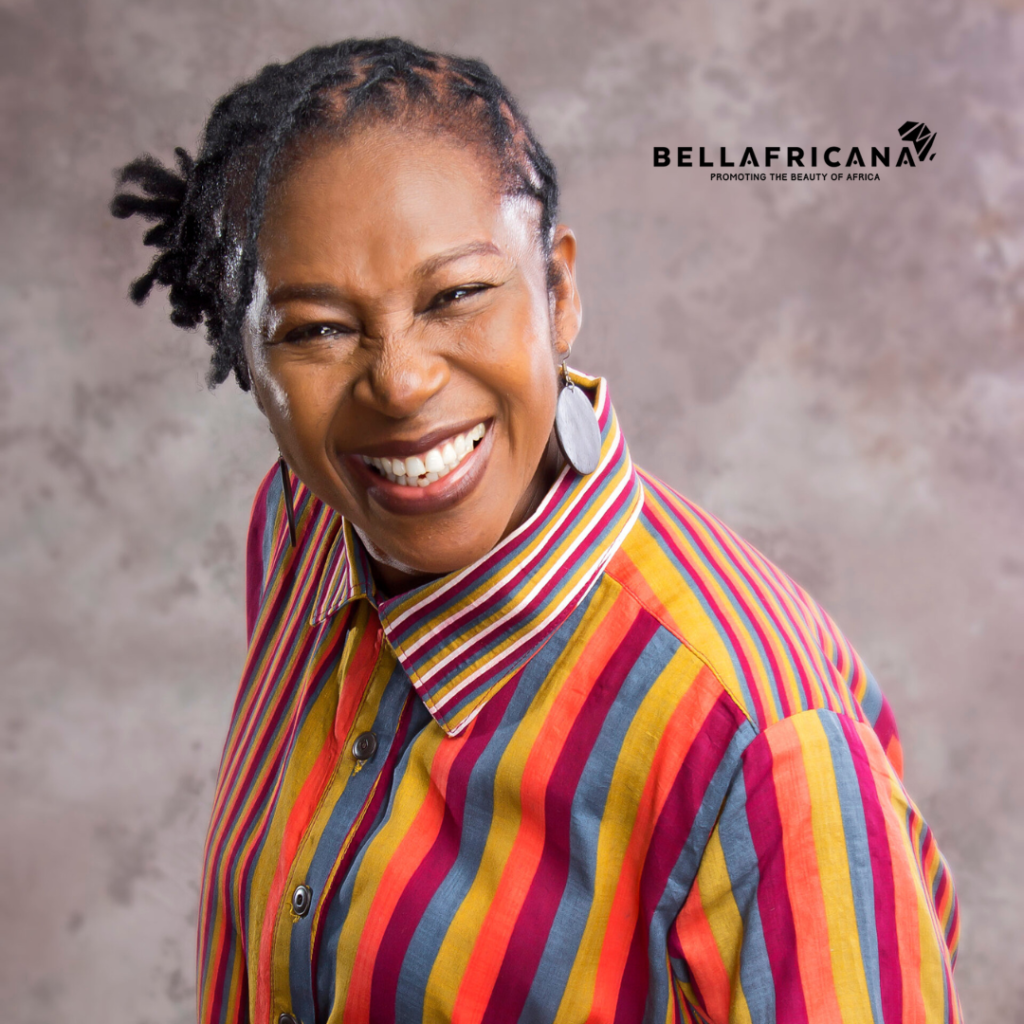

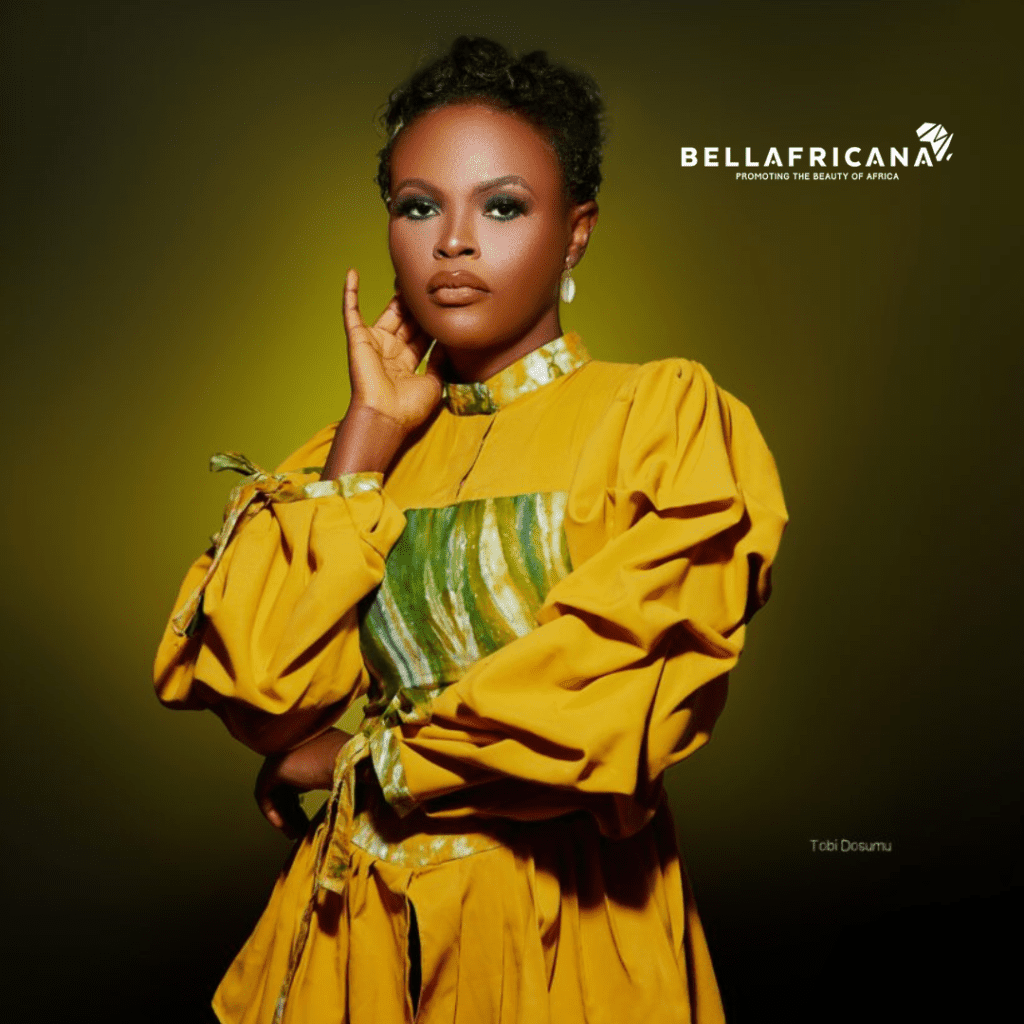
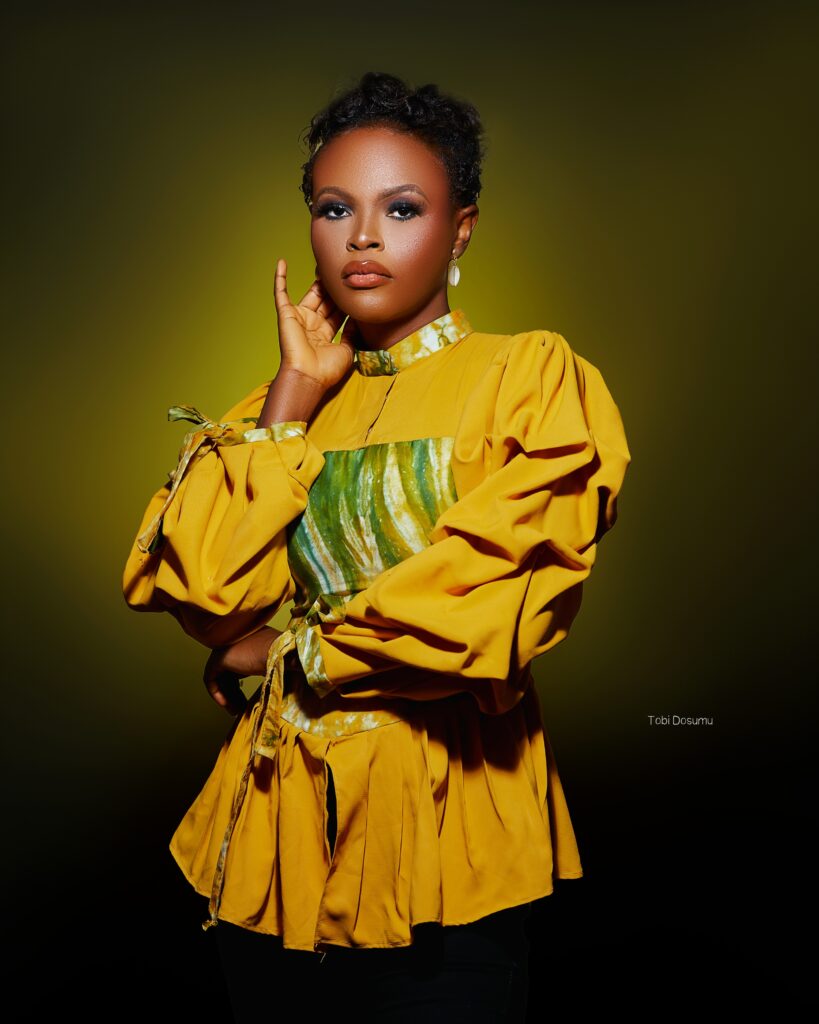
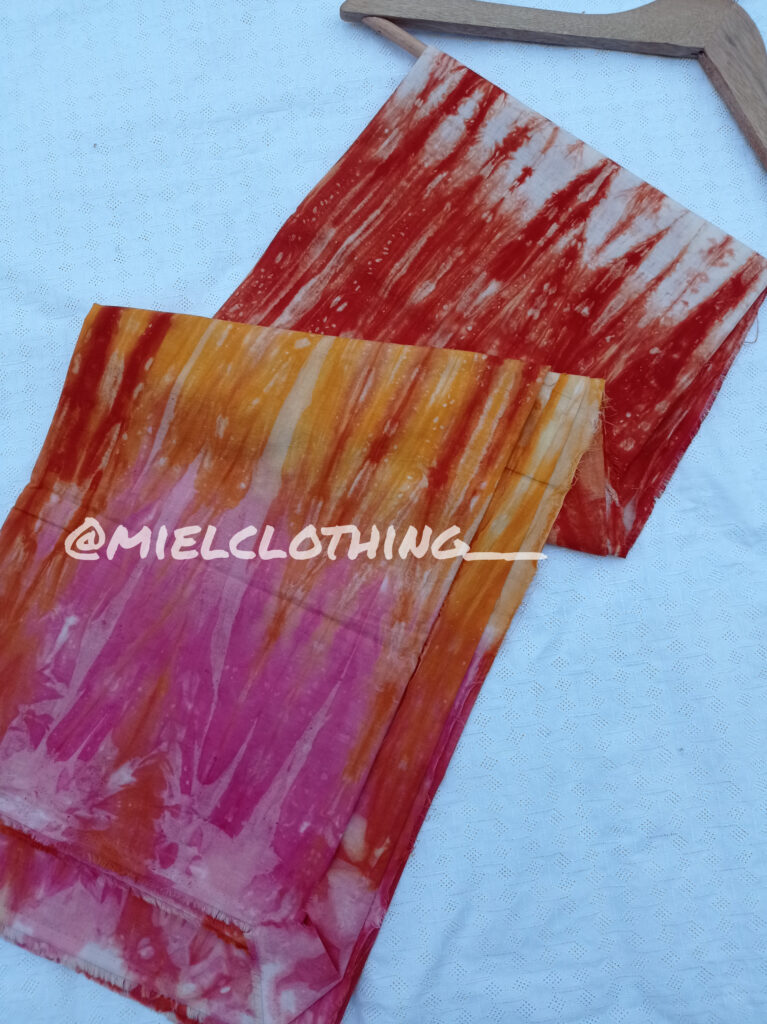
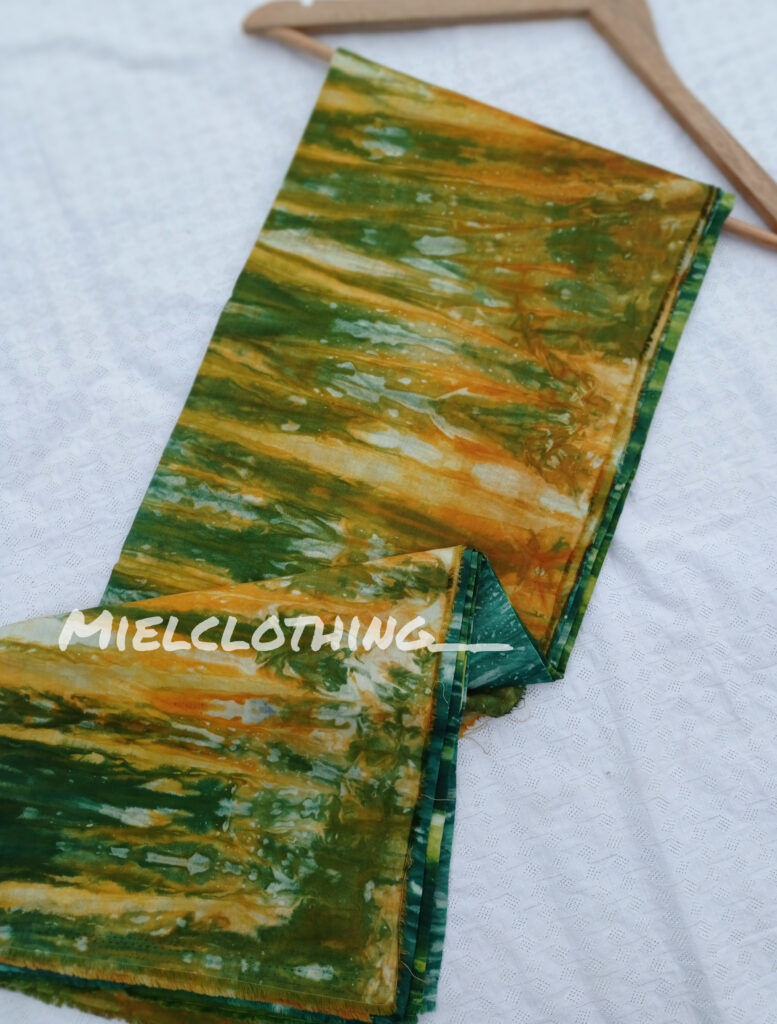
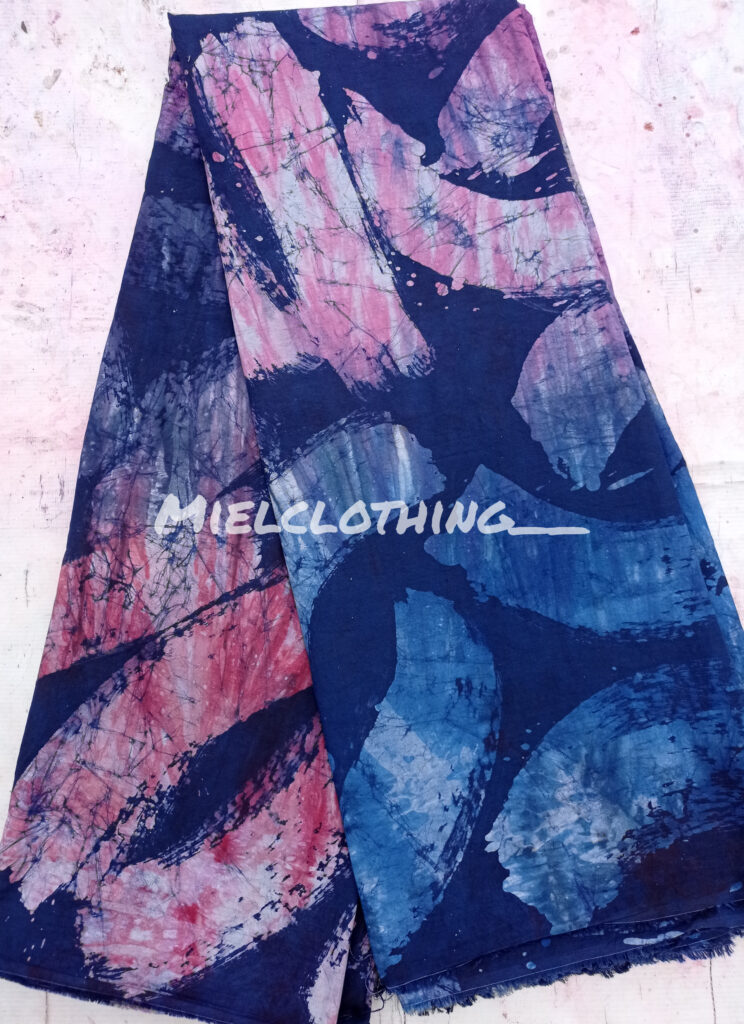
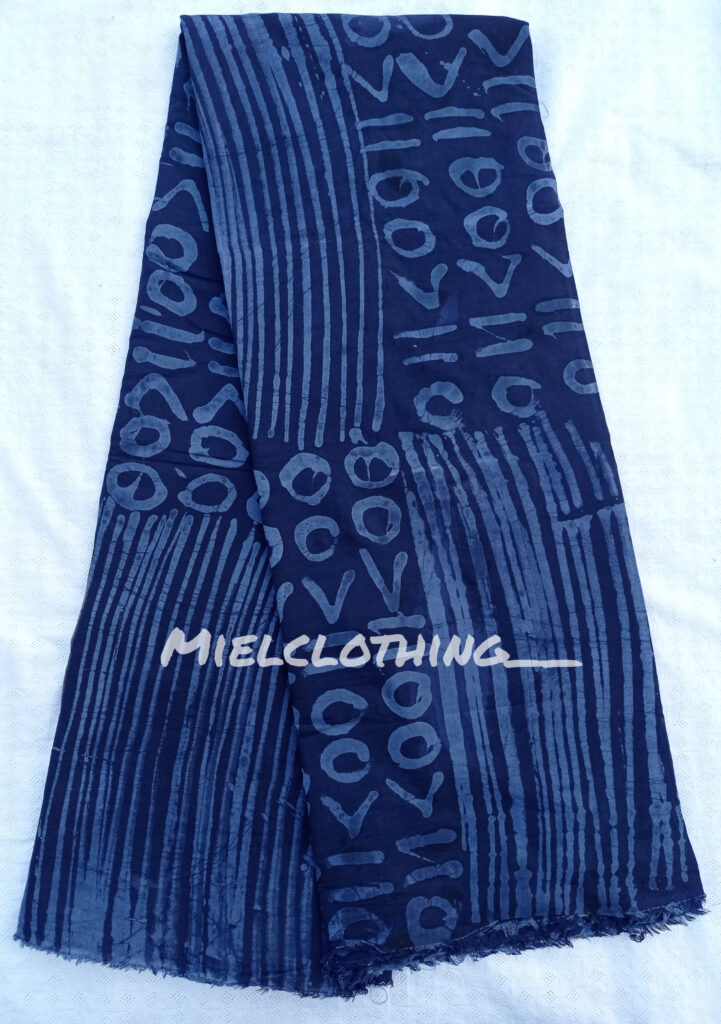
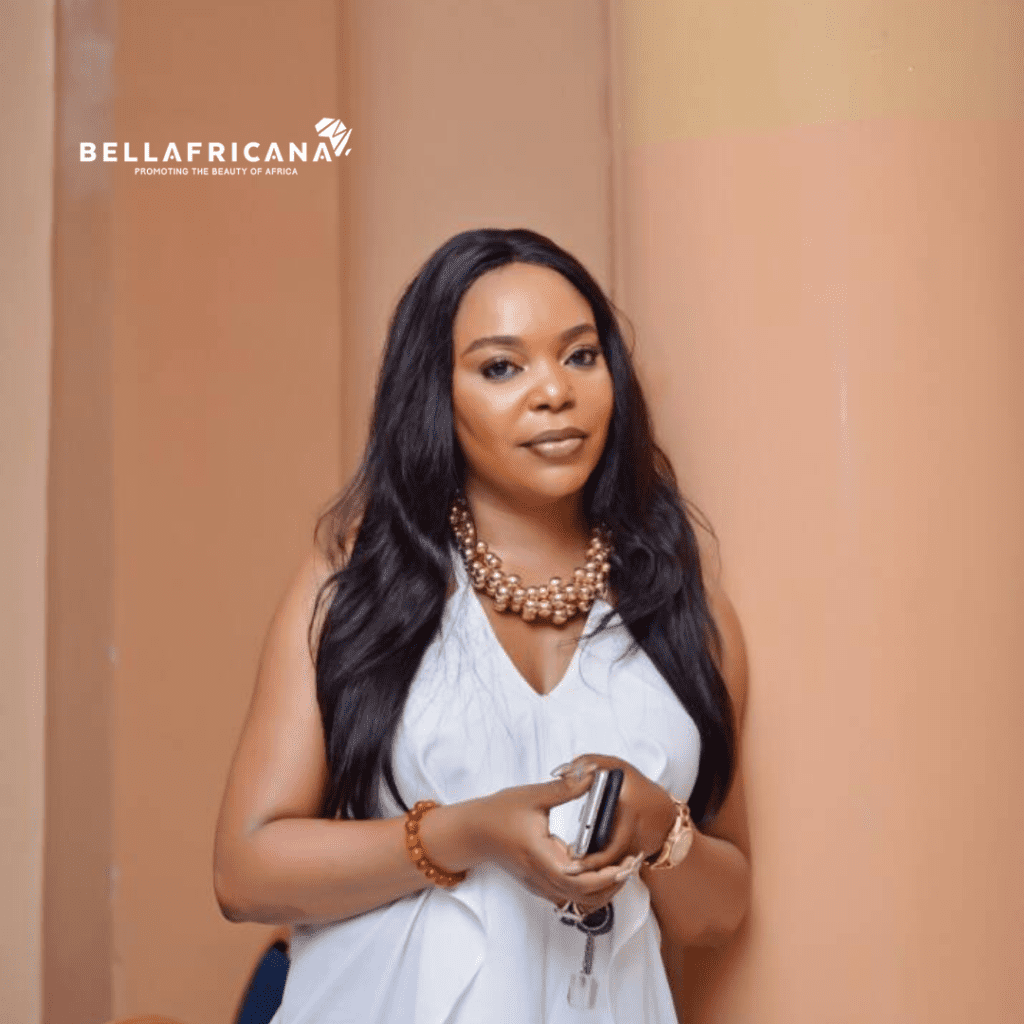
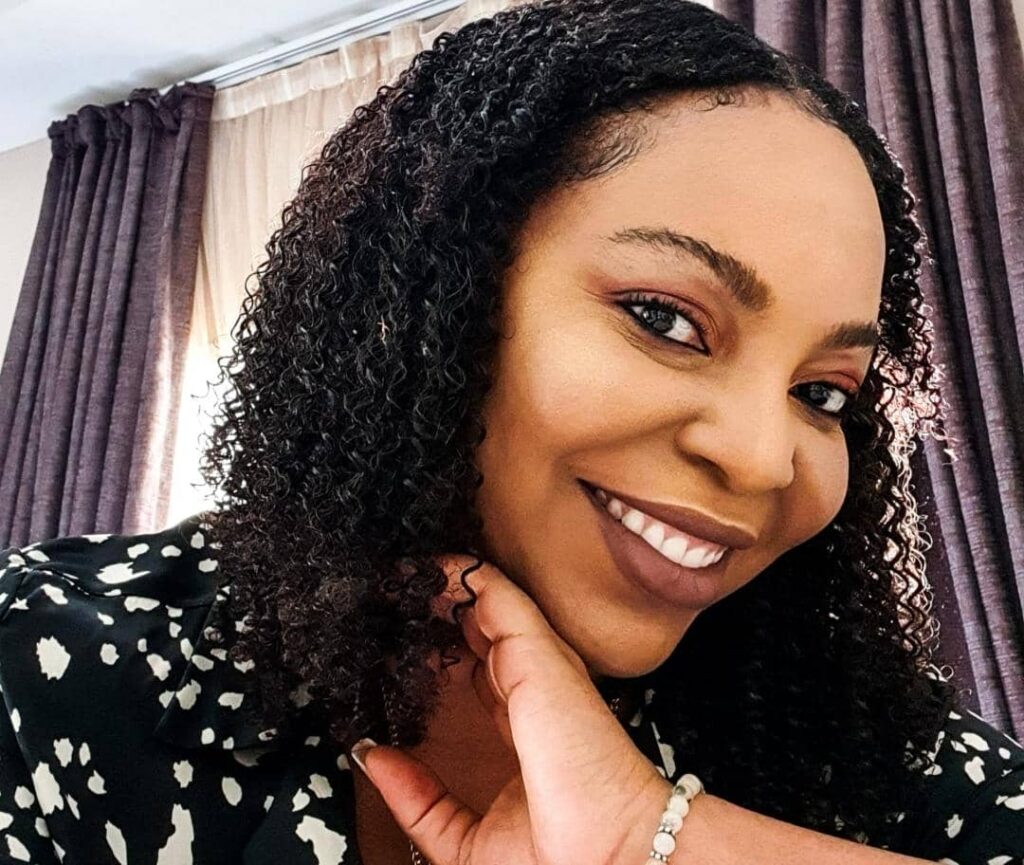

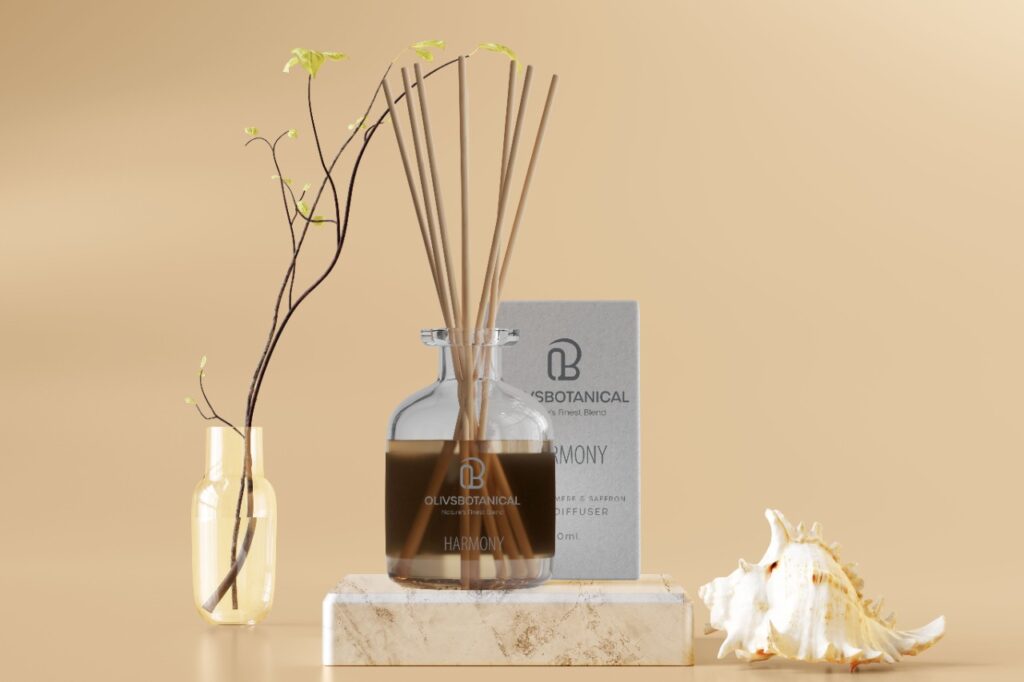
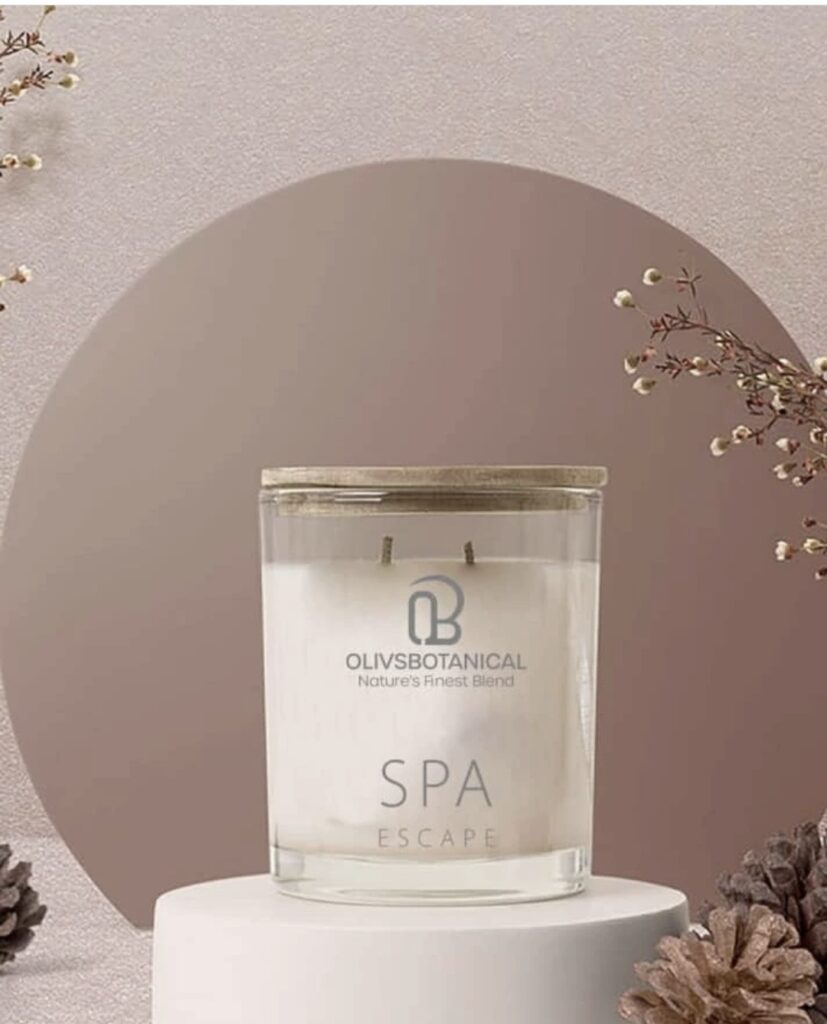
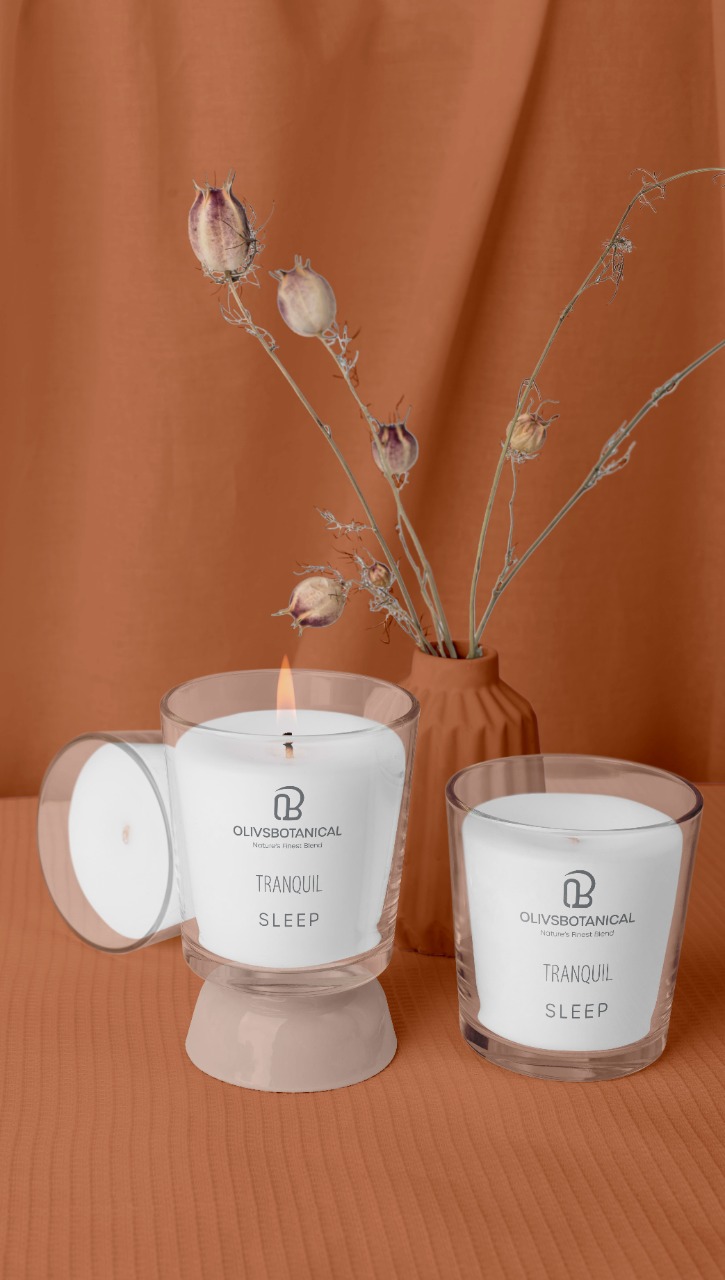
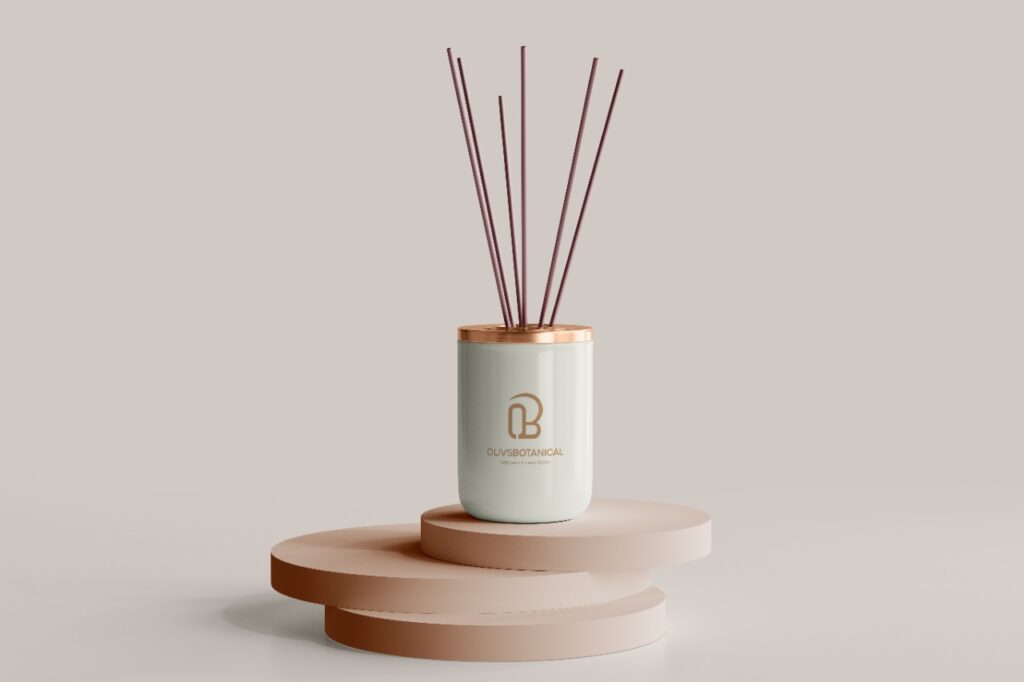
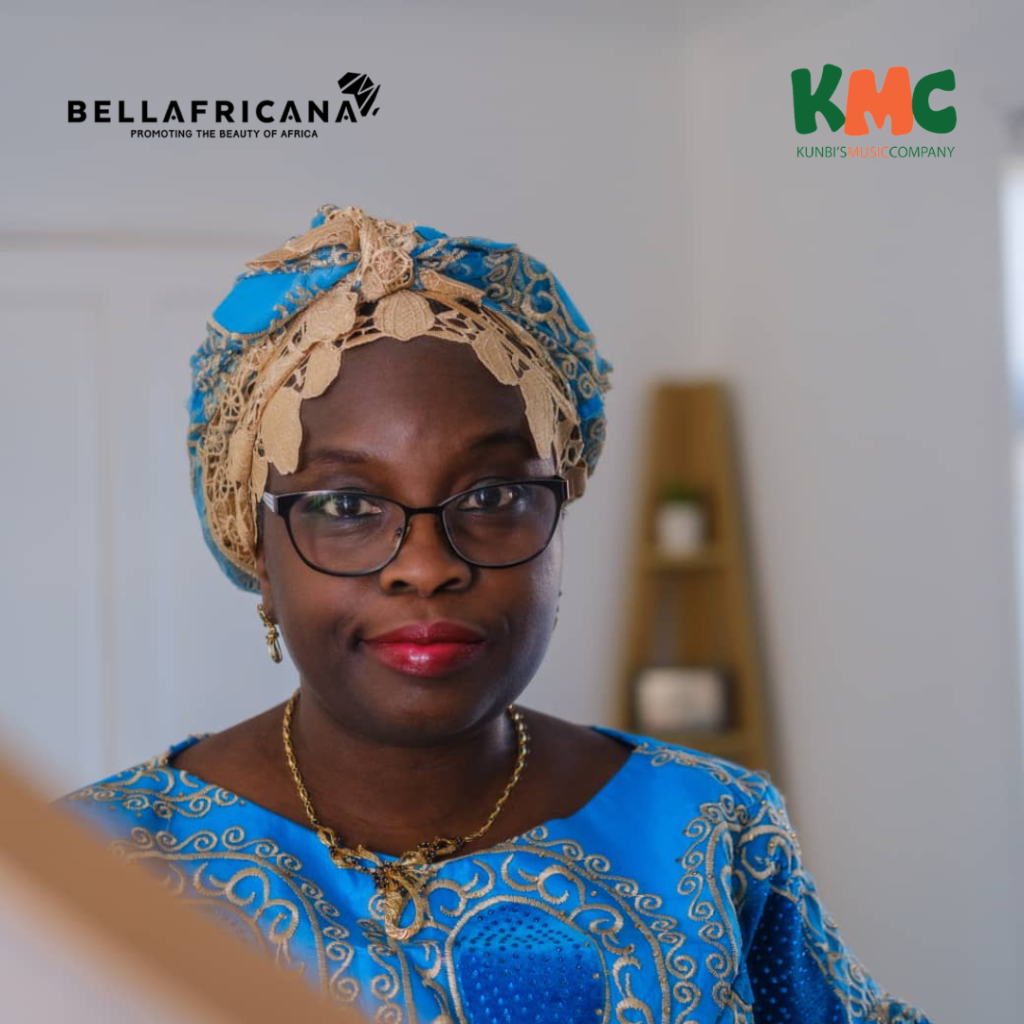
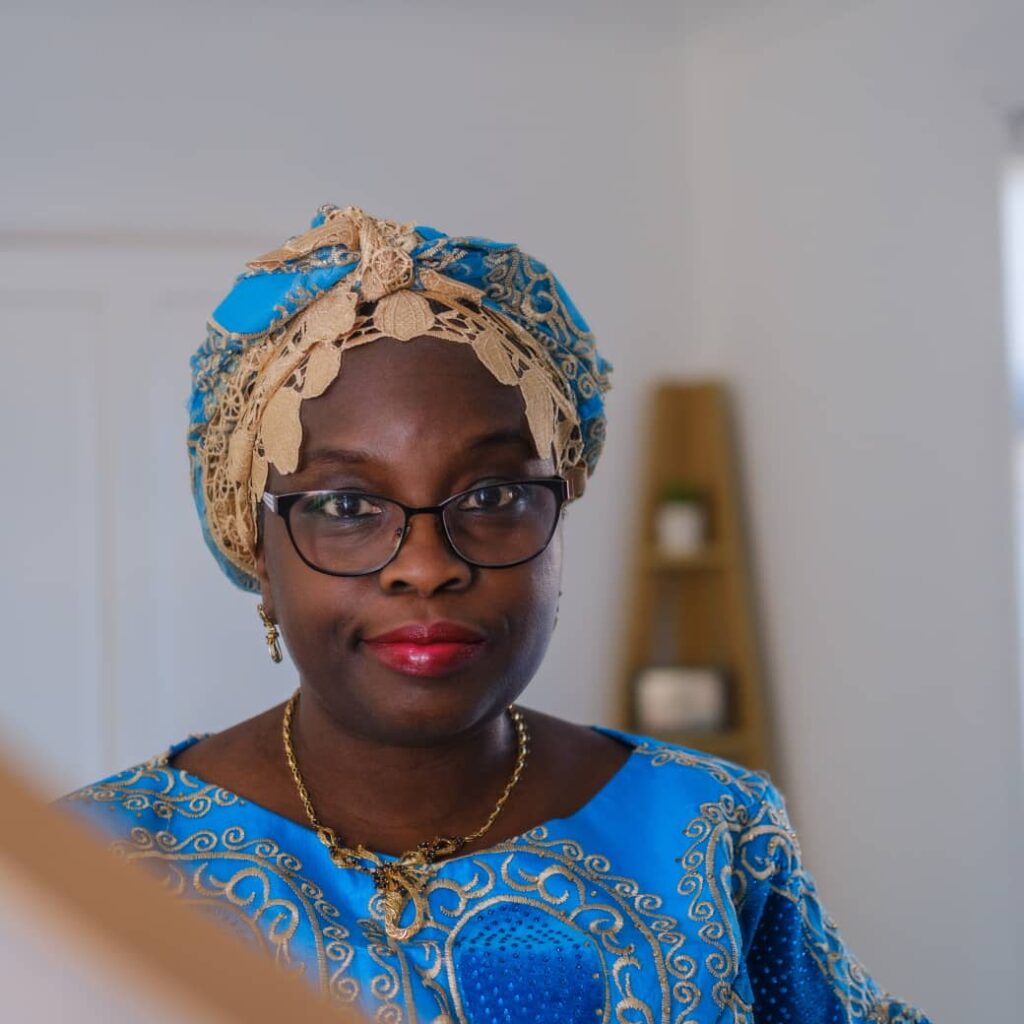
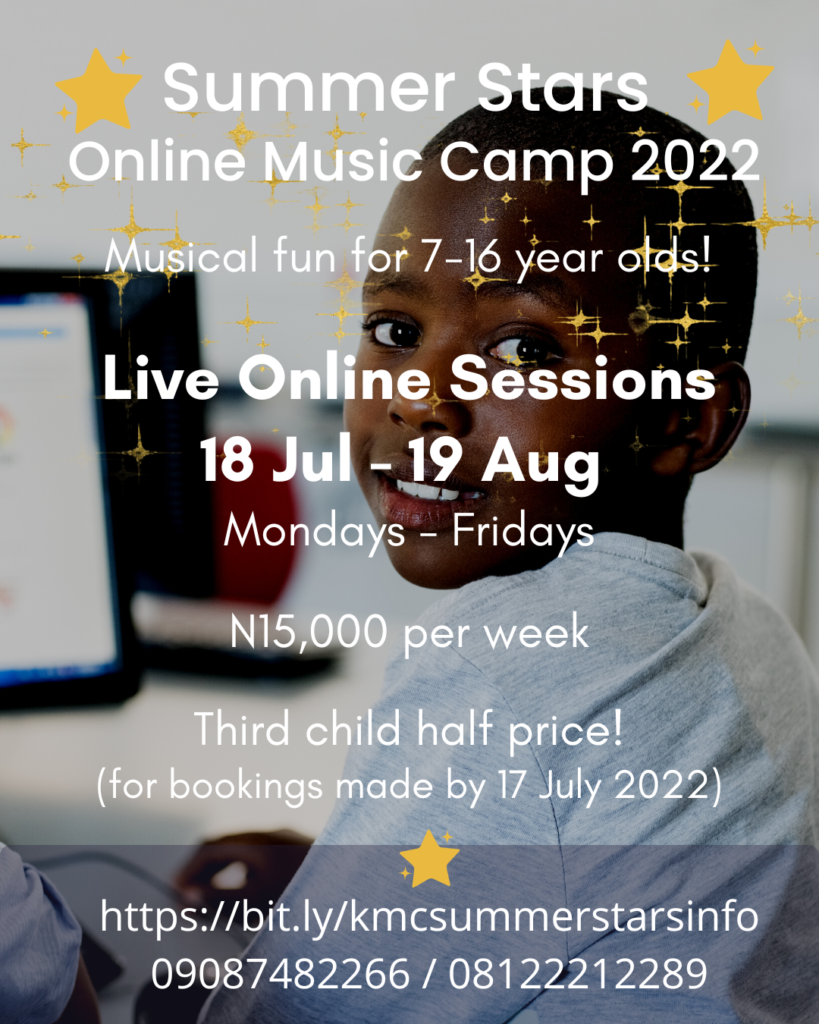
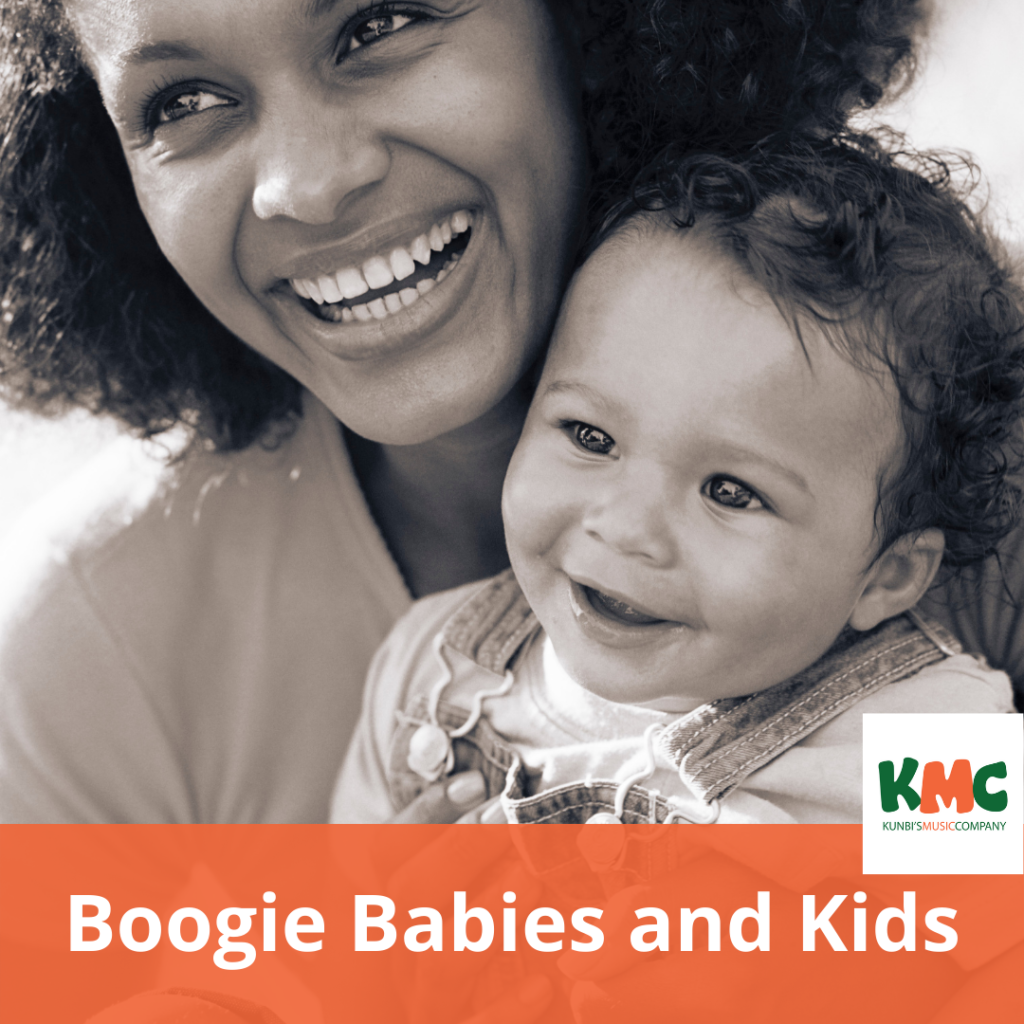
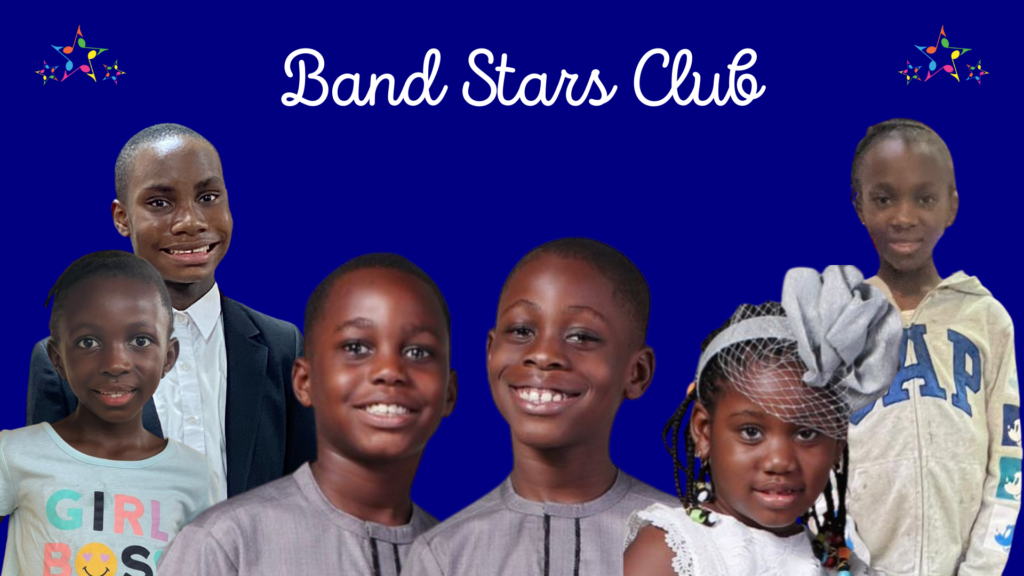
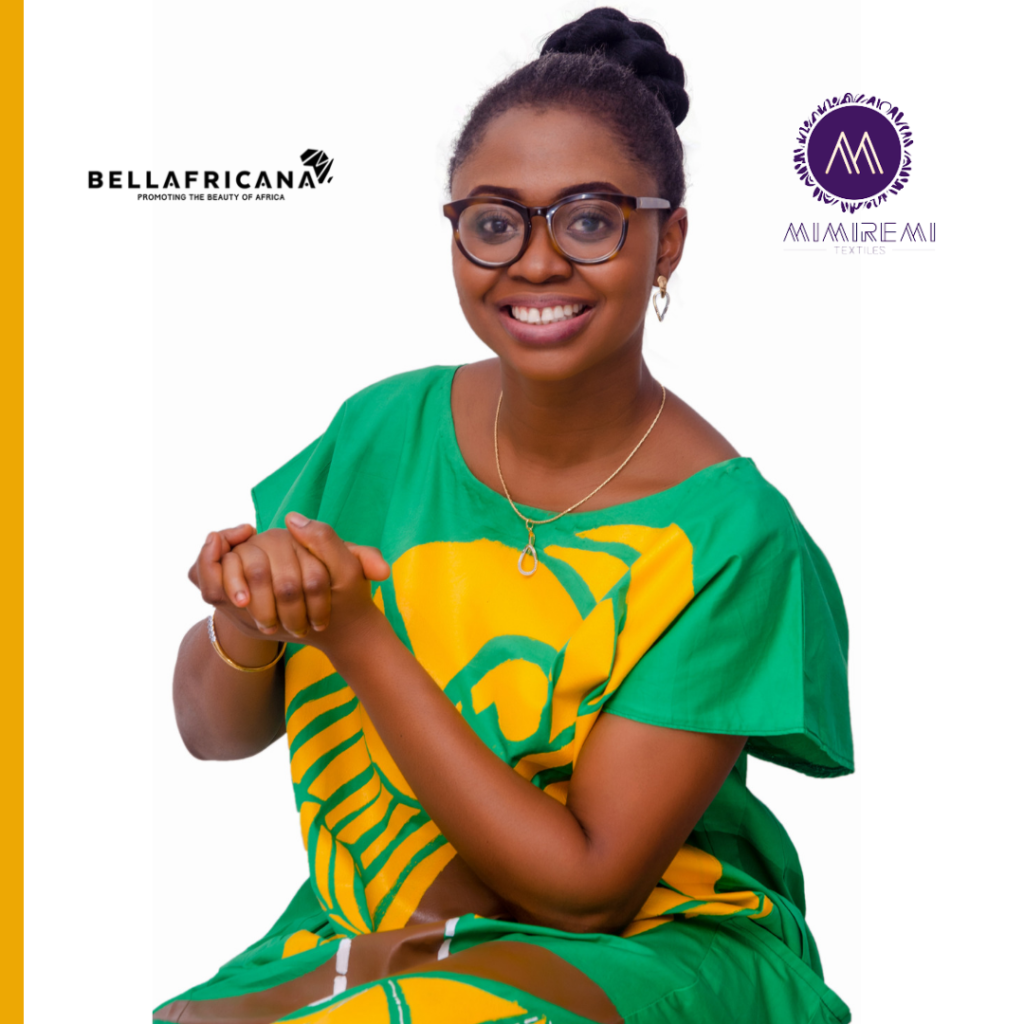
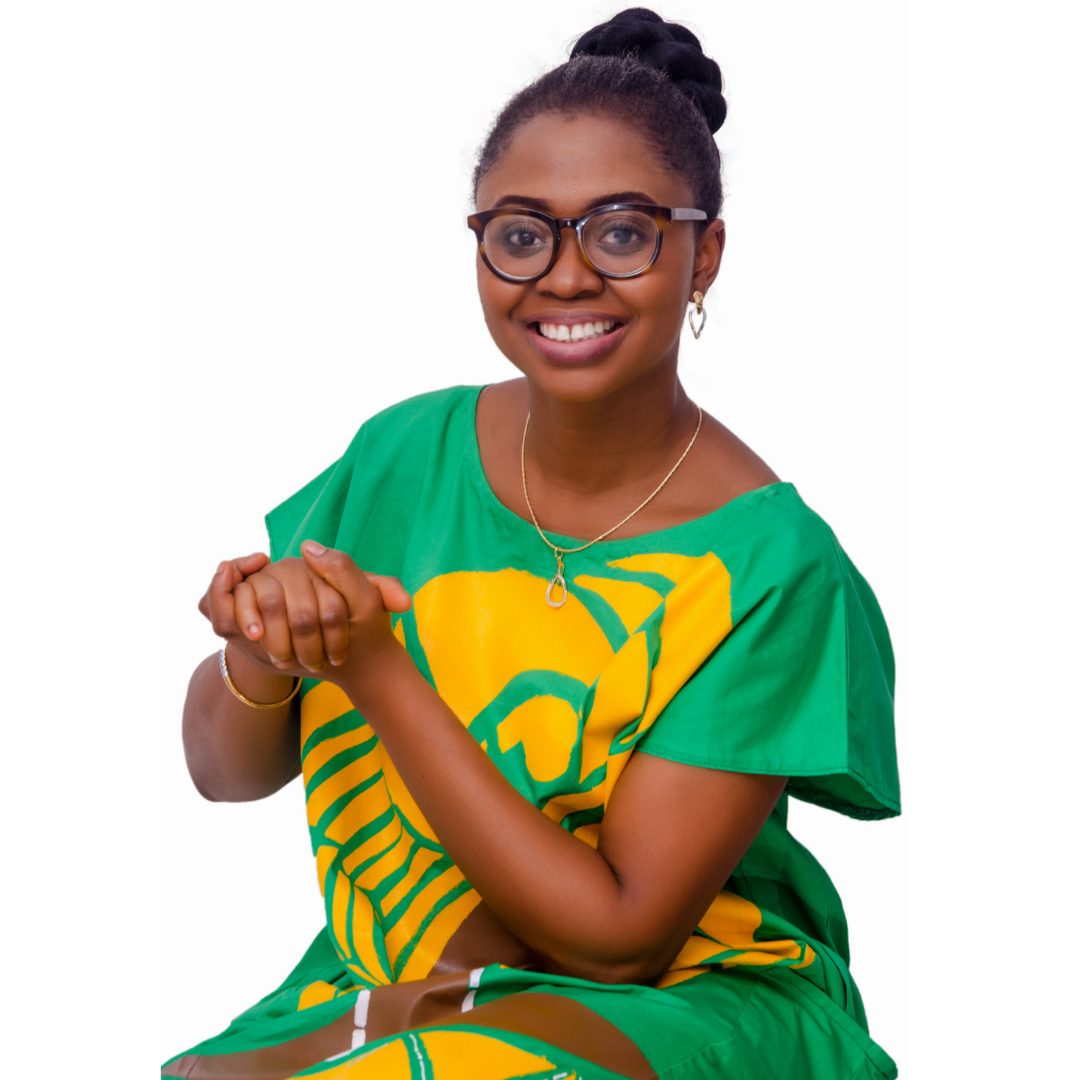
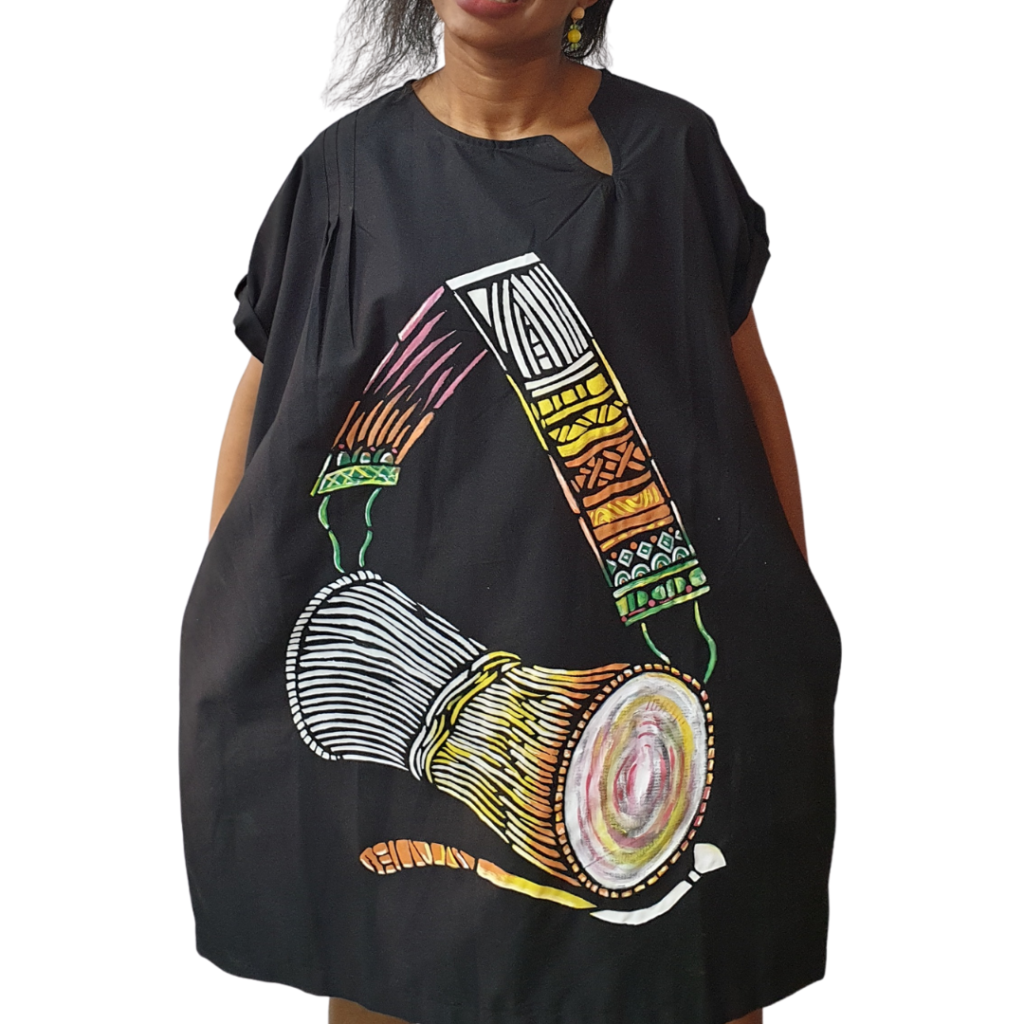
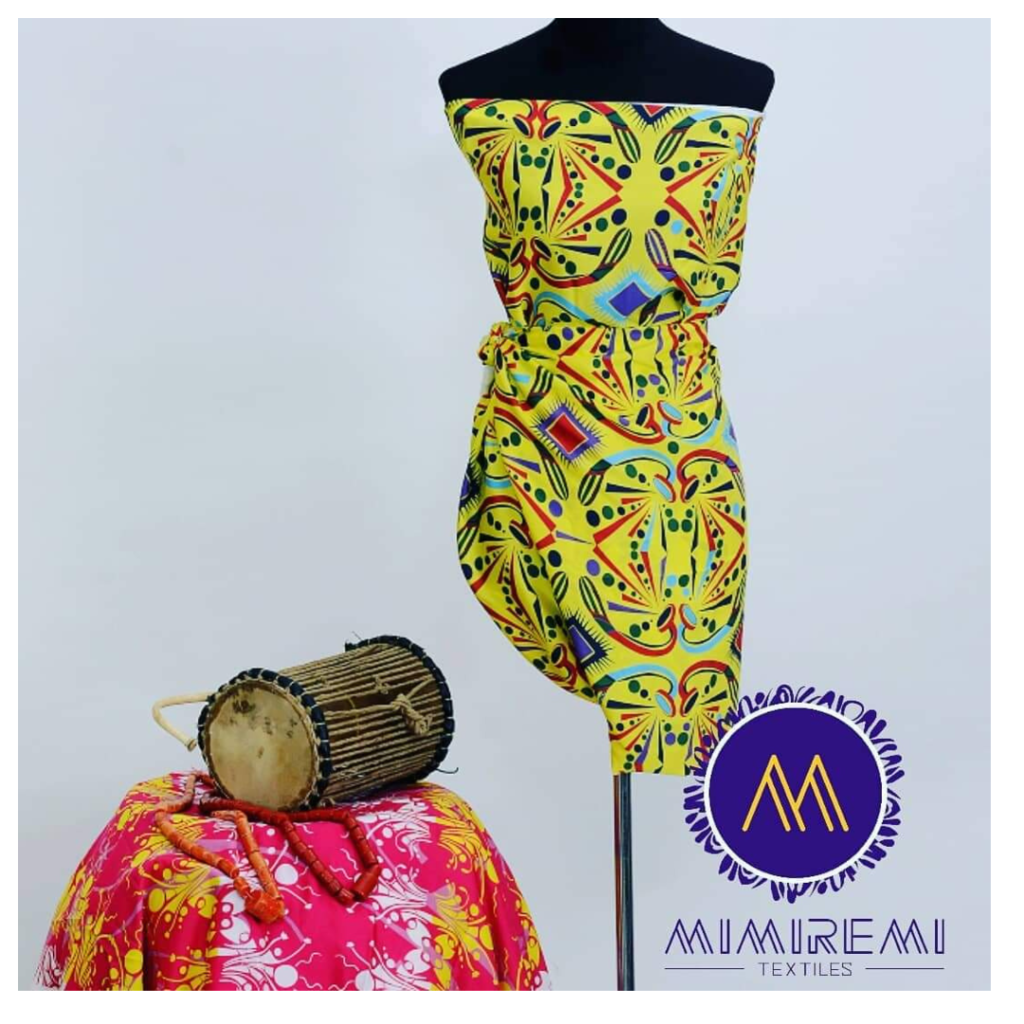
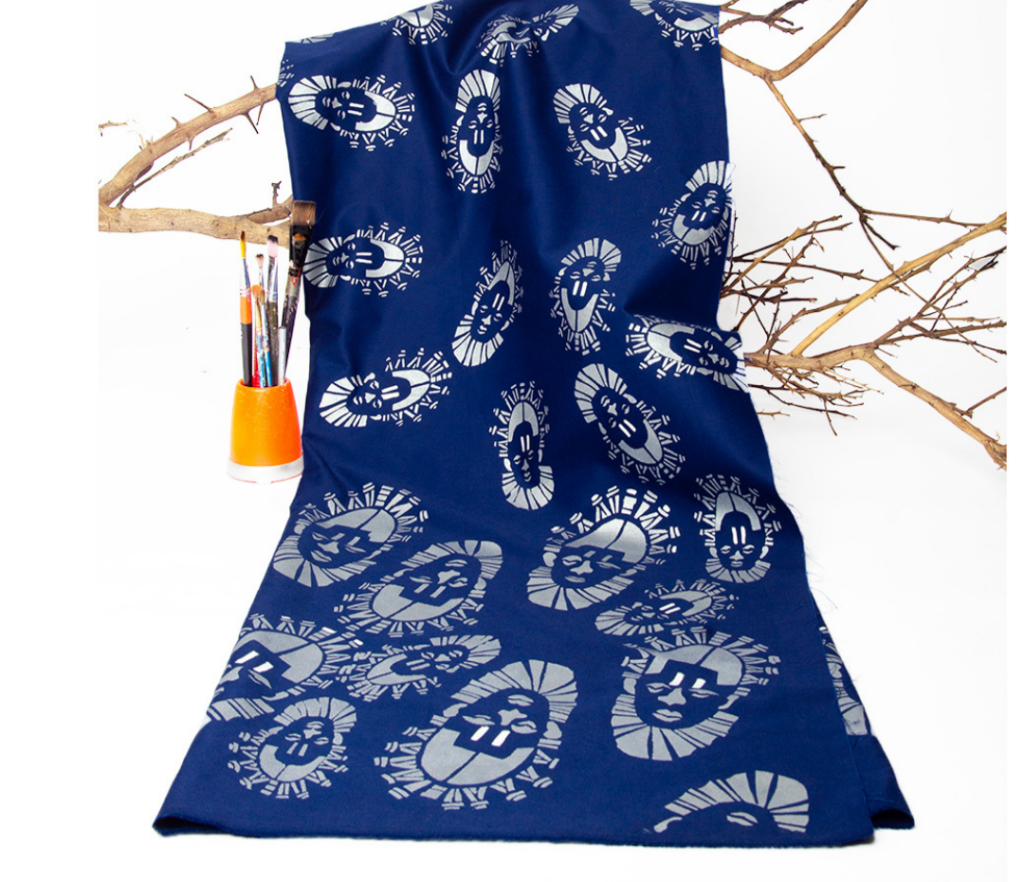
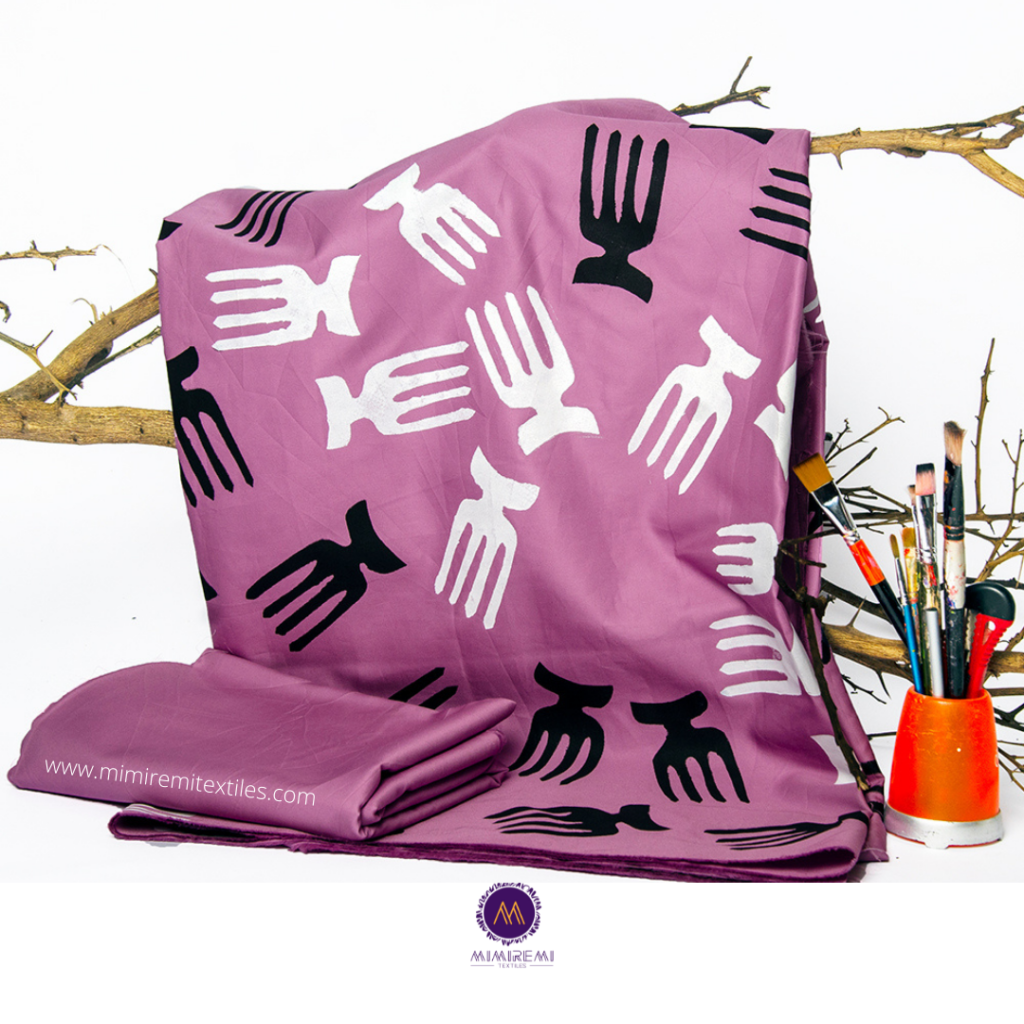
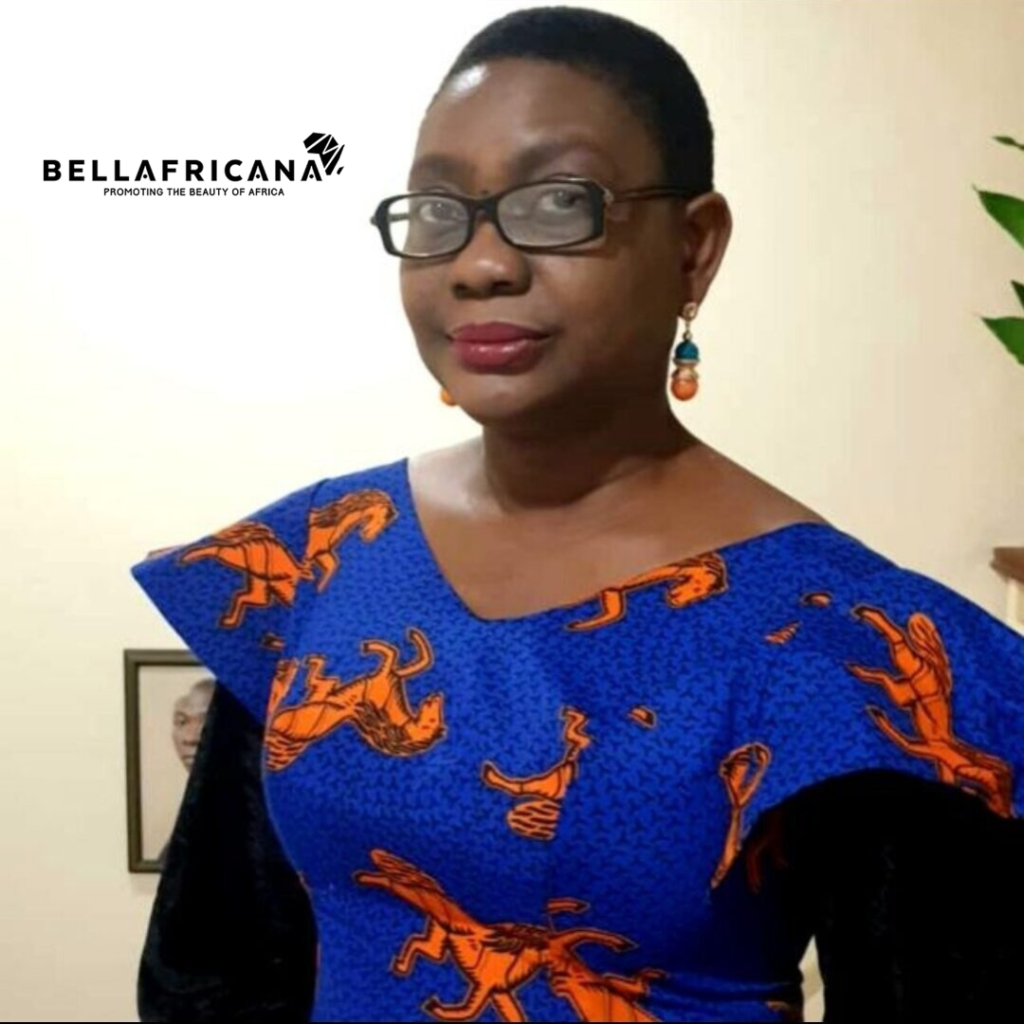
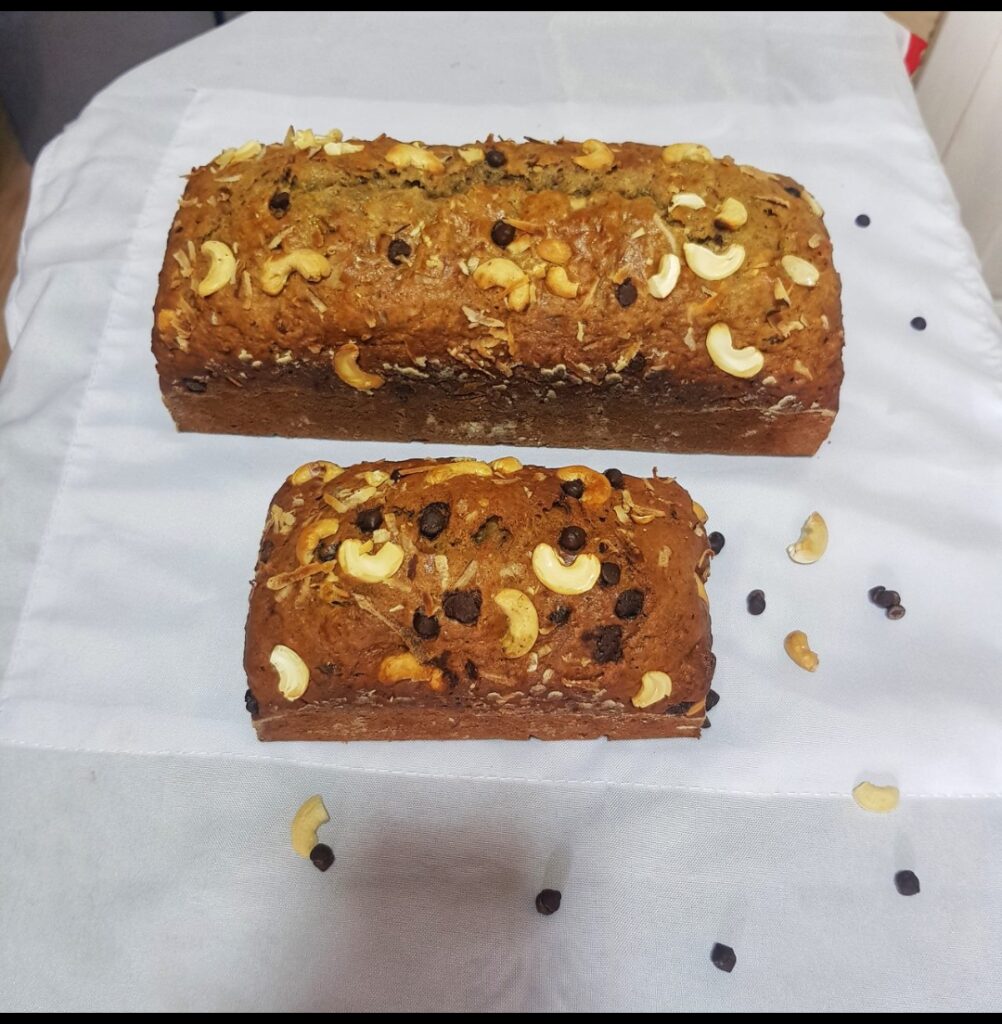
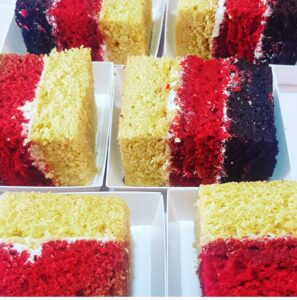
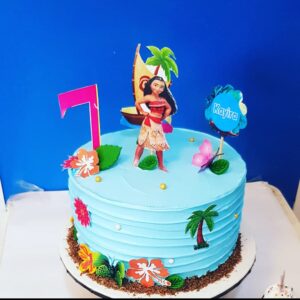

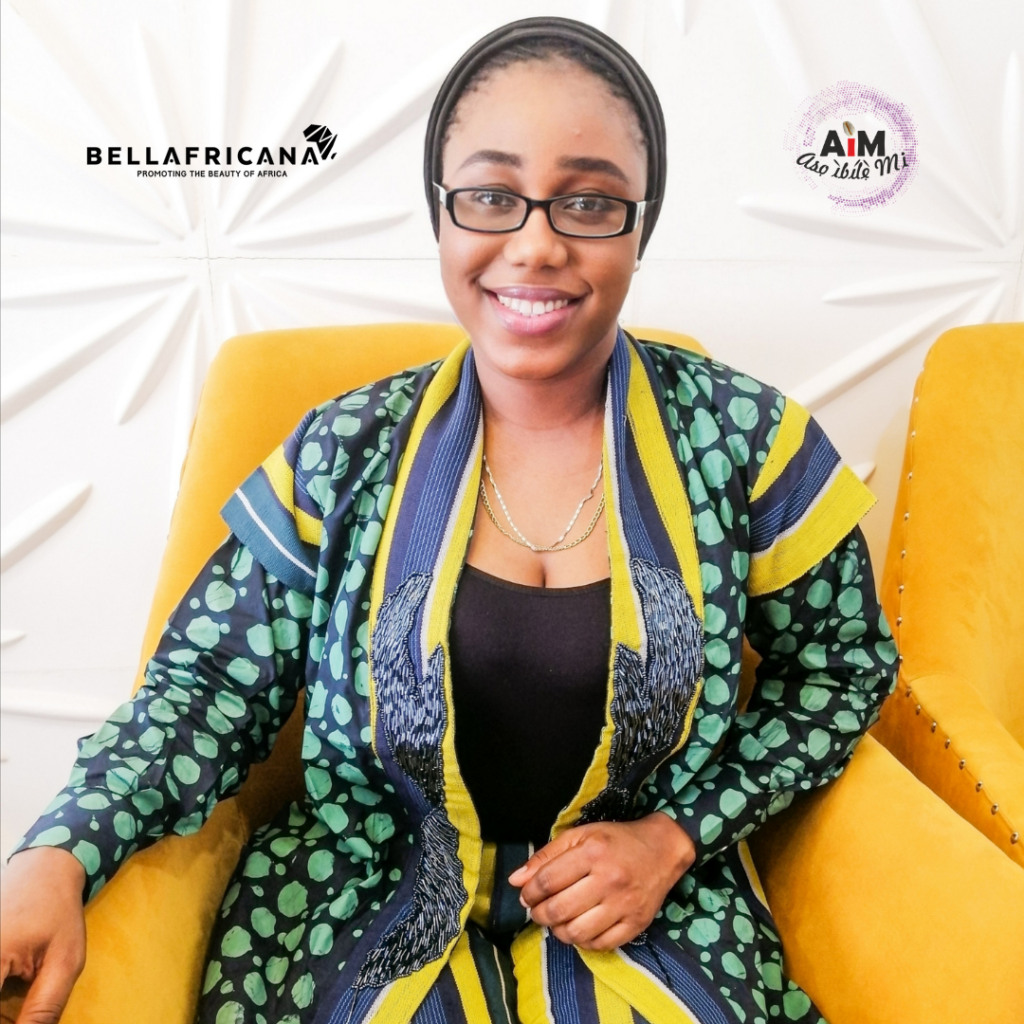
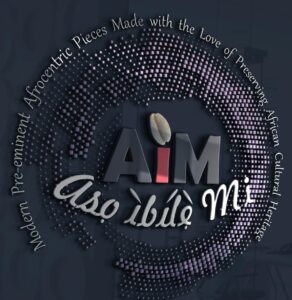
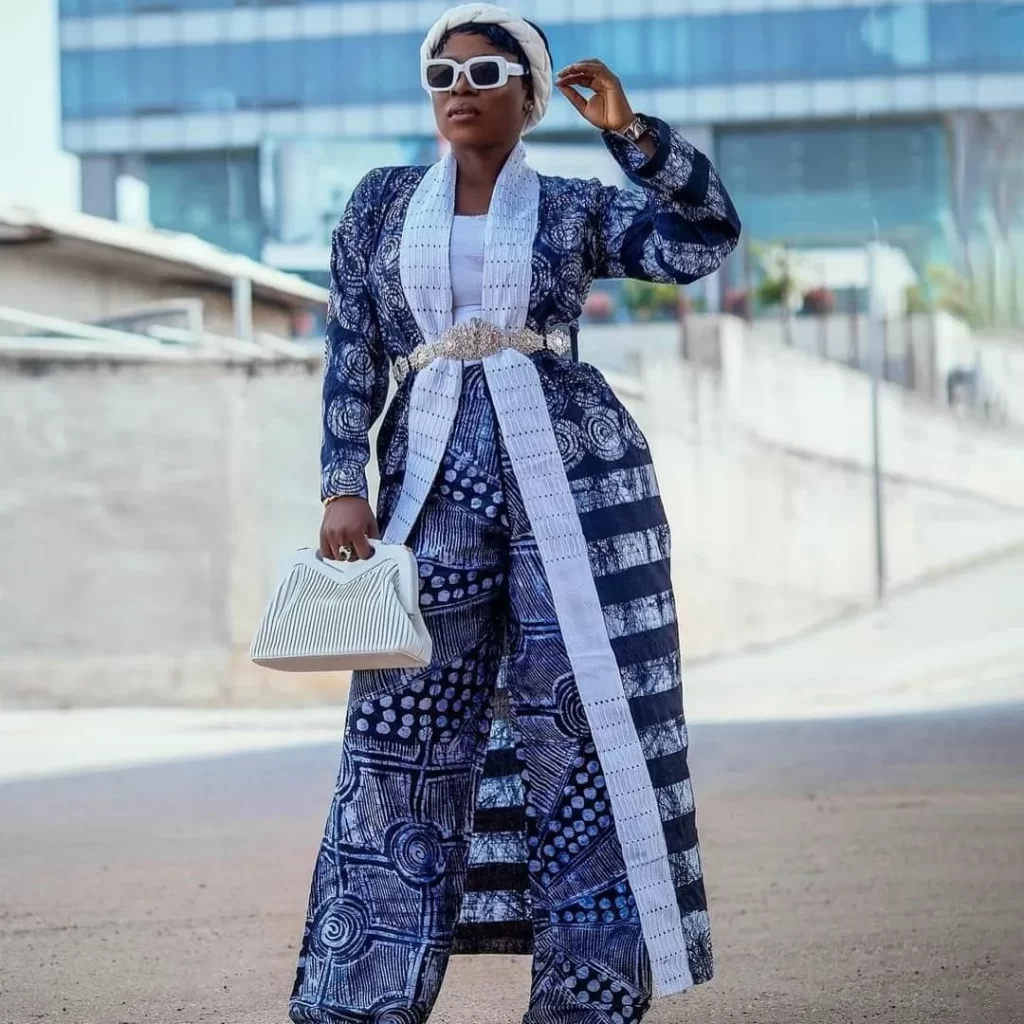
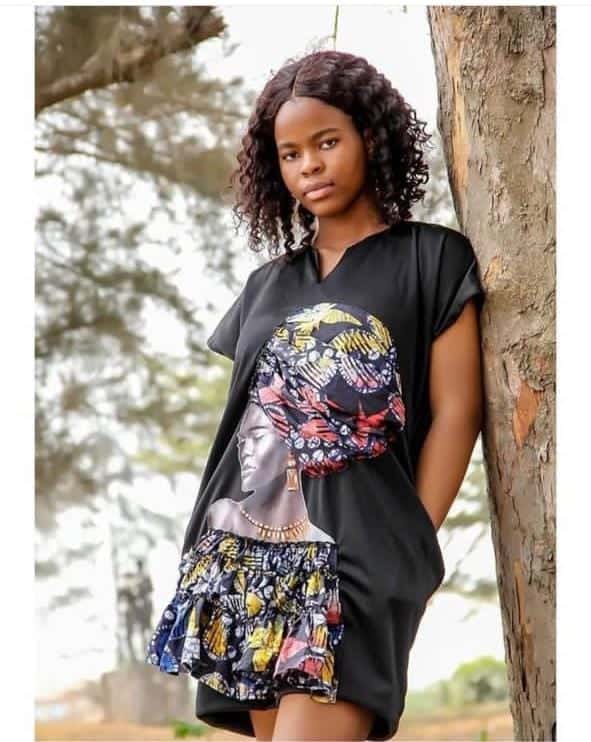
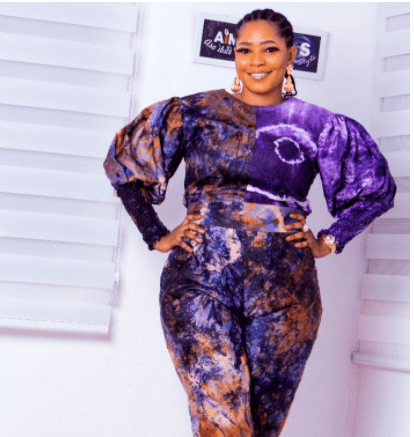
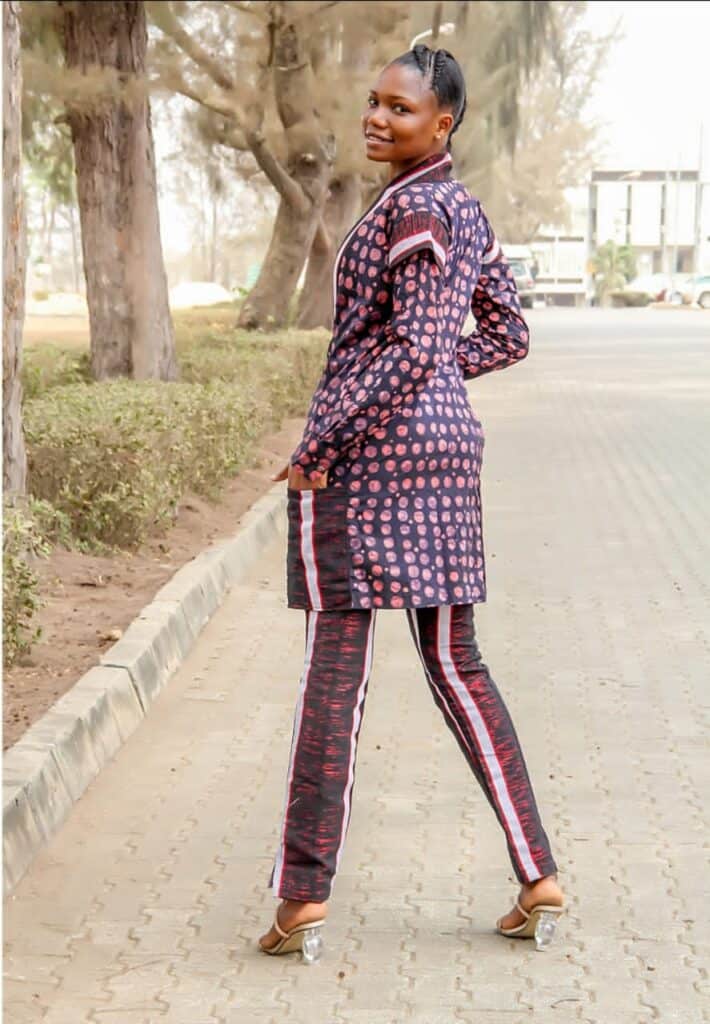
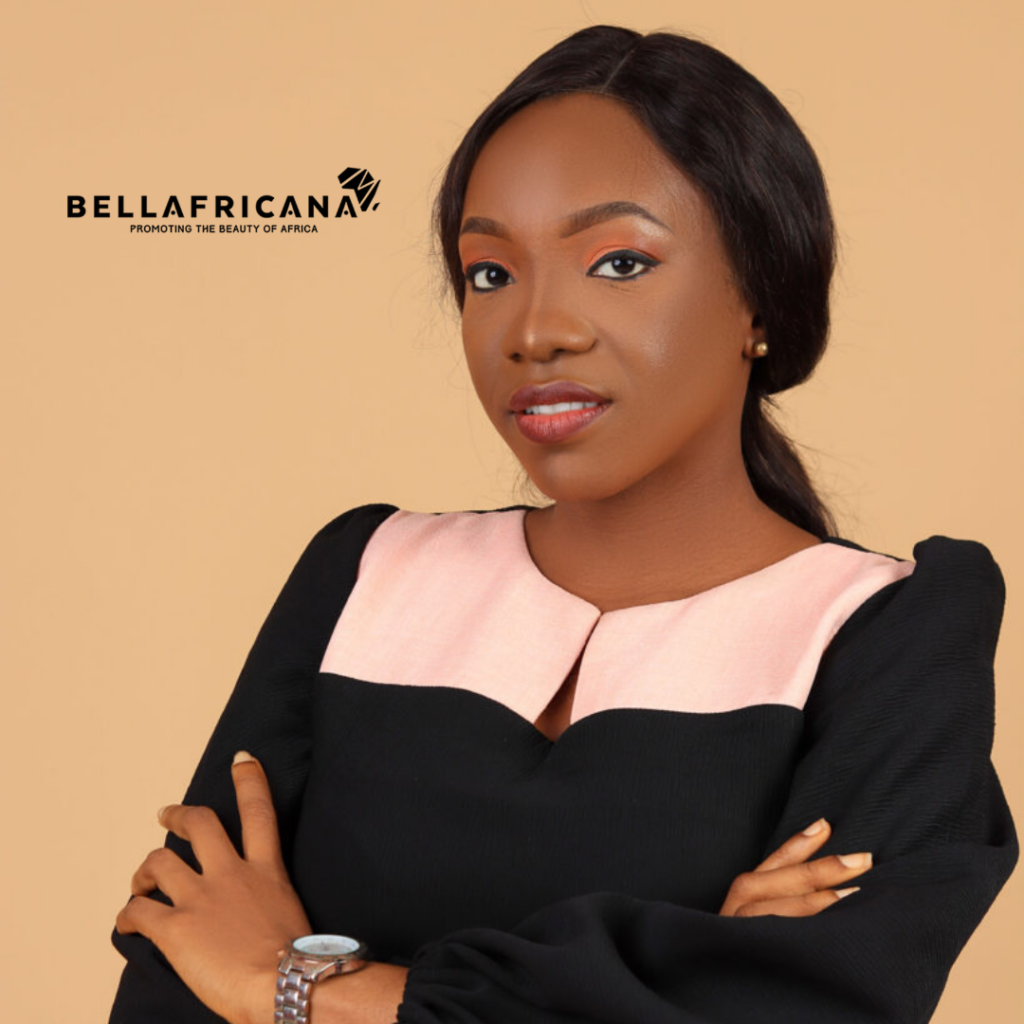
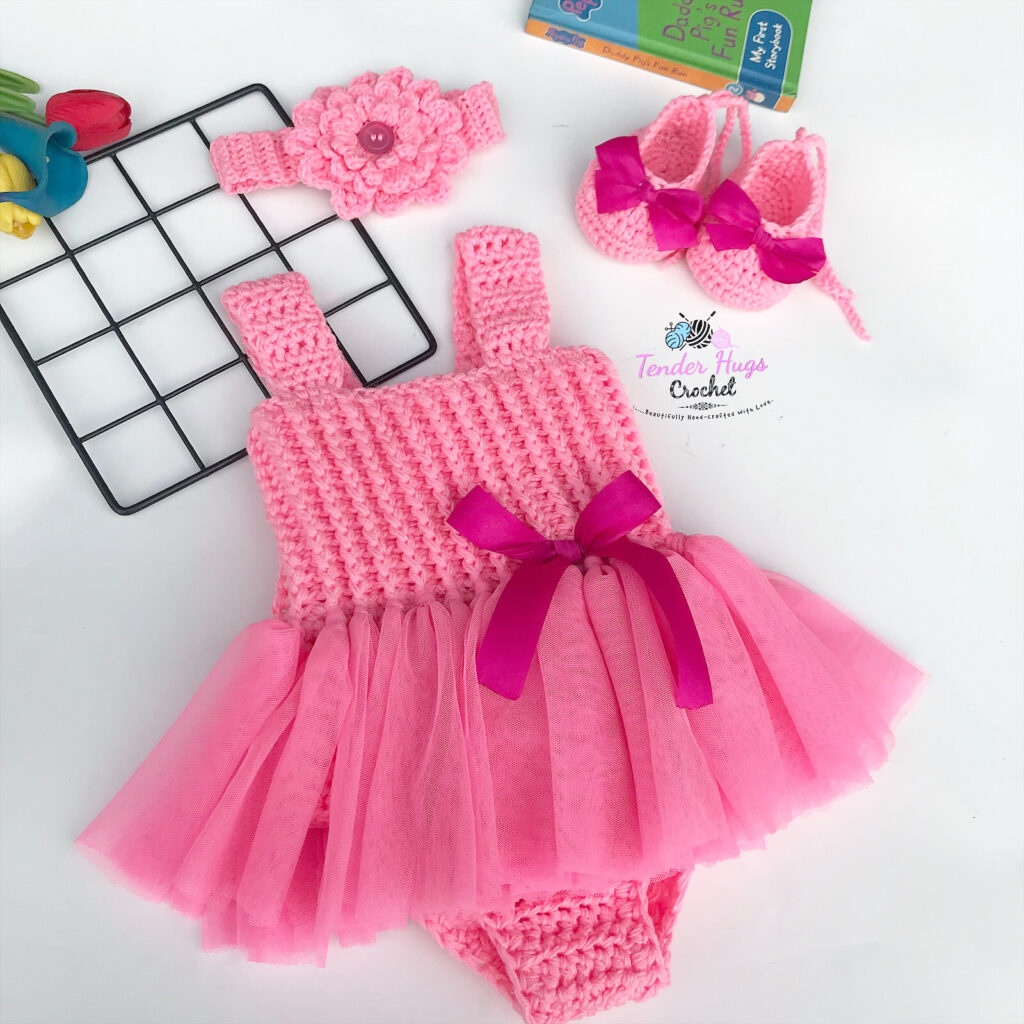
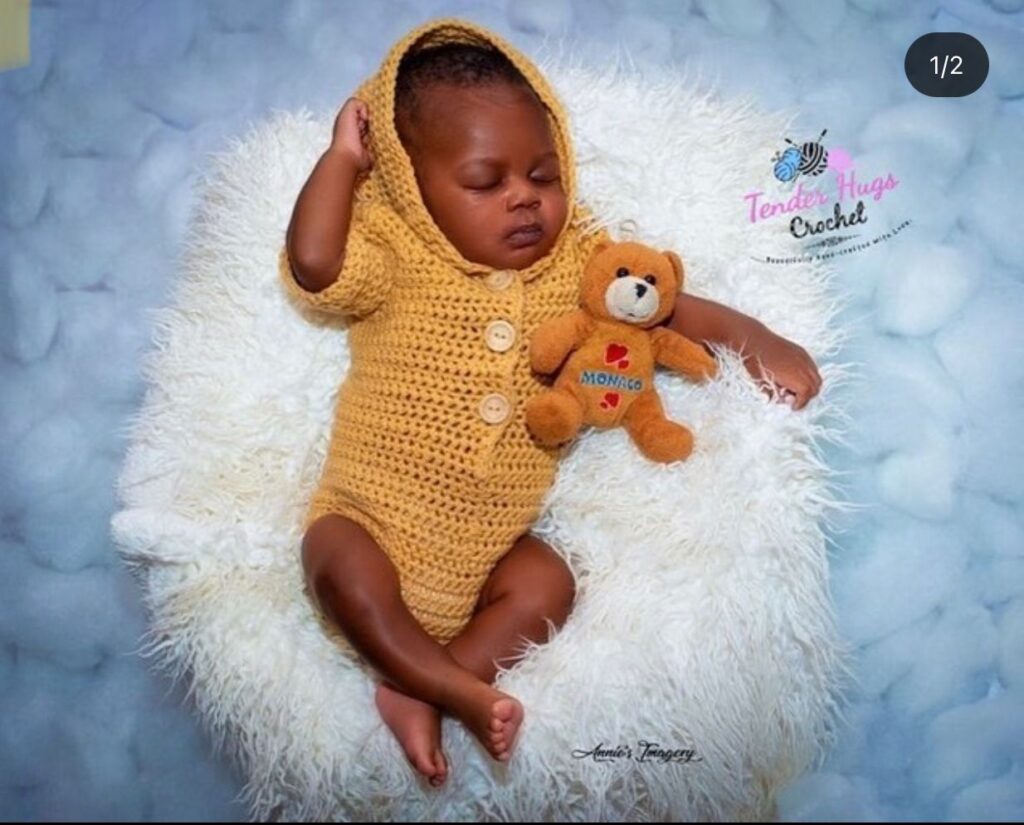
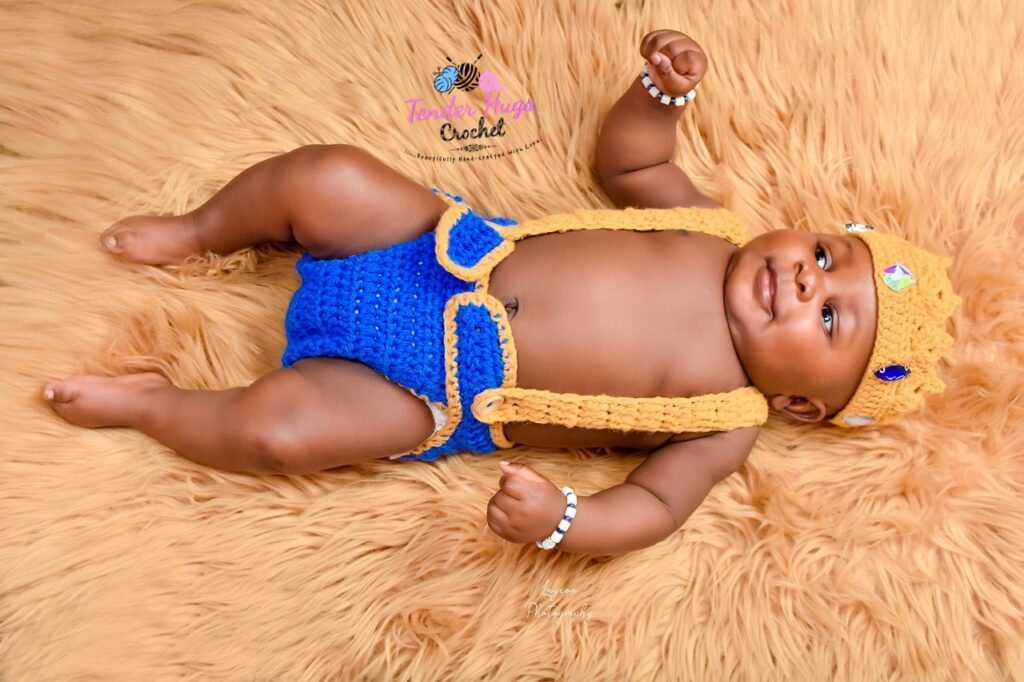
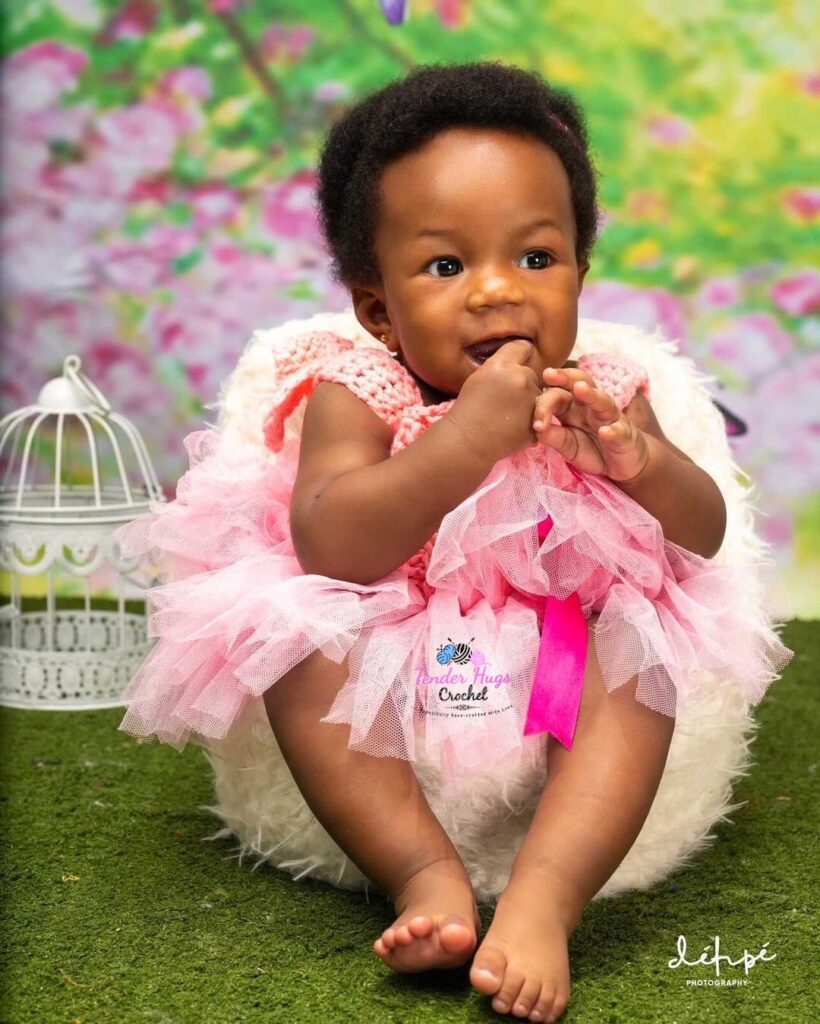
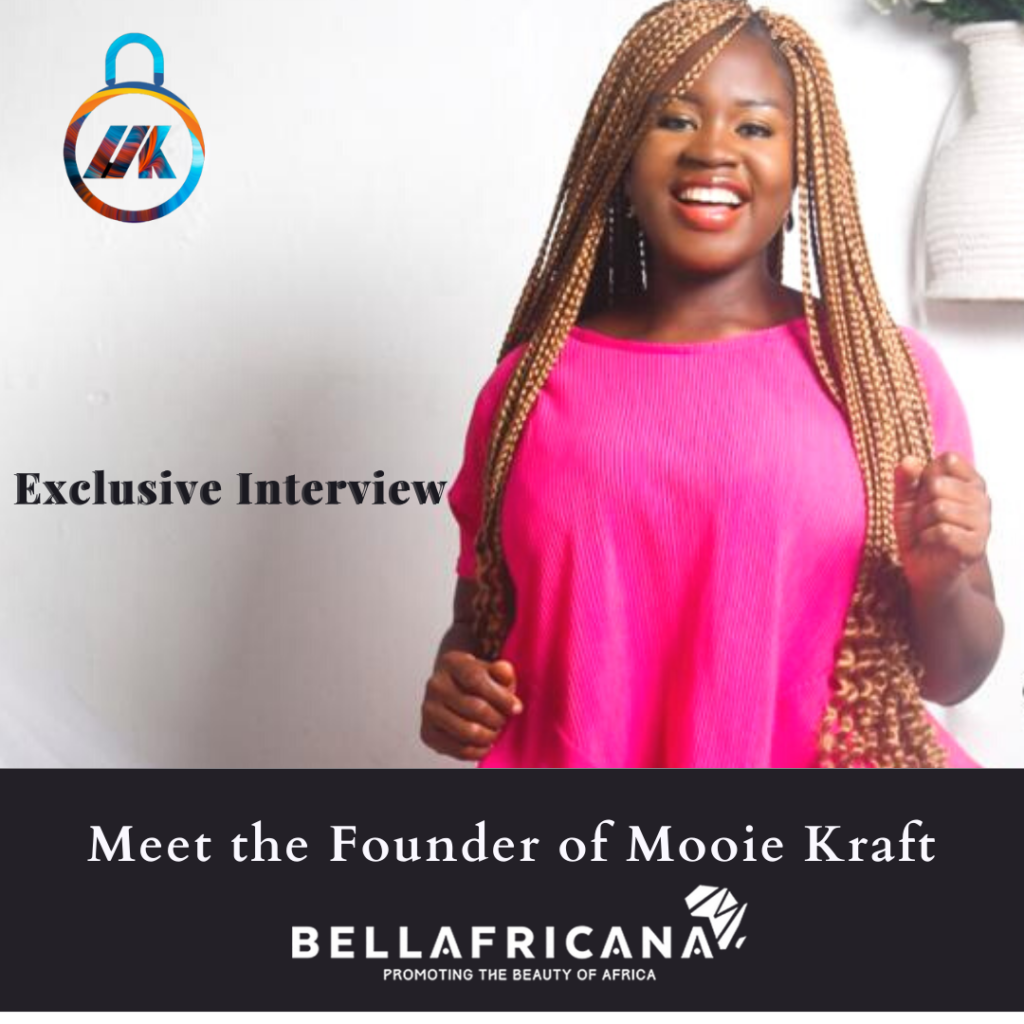
![Meet the Founder of Mooie Kraft [Exclusive Interview] Meet the Founder of Mooie Kraft [Exclusive Interview]](https://bellafricana.com/wp-content/uploads/2021/12/WhatsApp-Image-2021-12-02-at-11.18.54-PM.jpeg)
